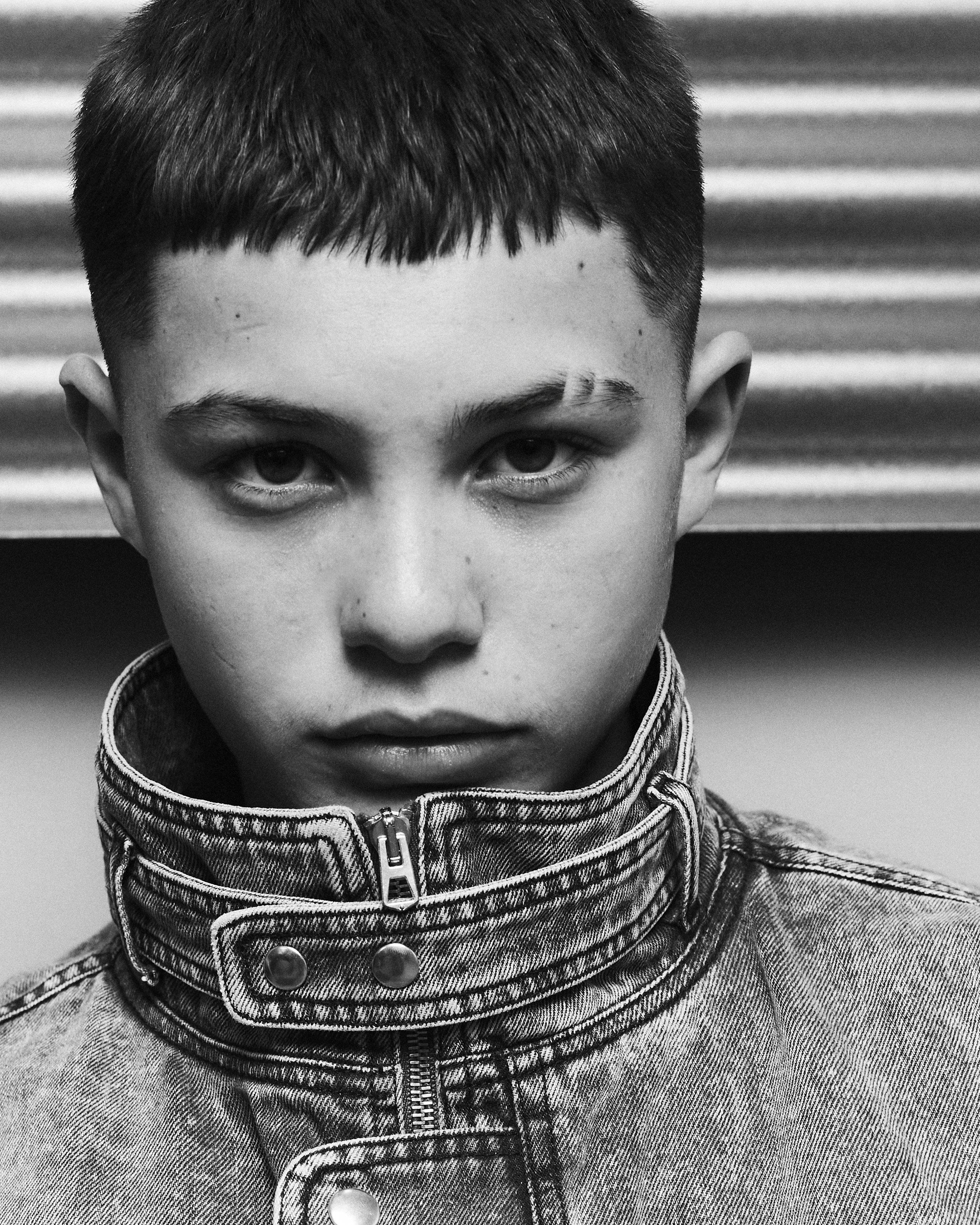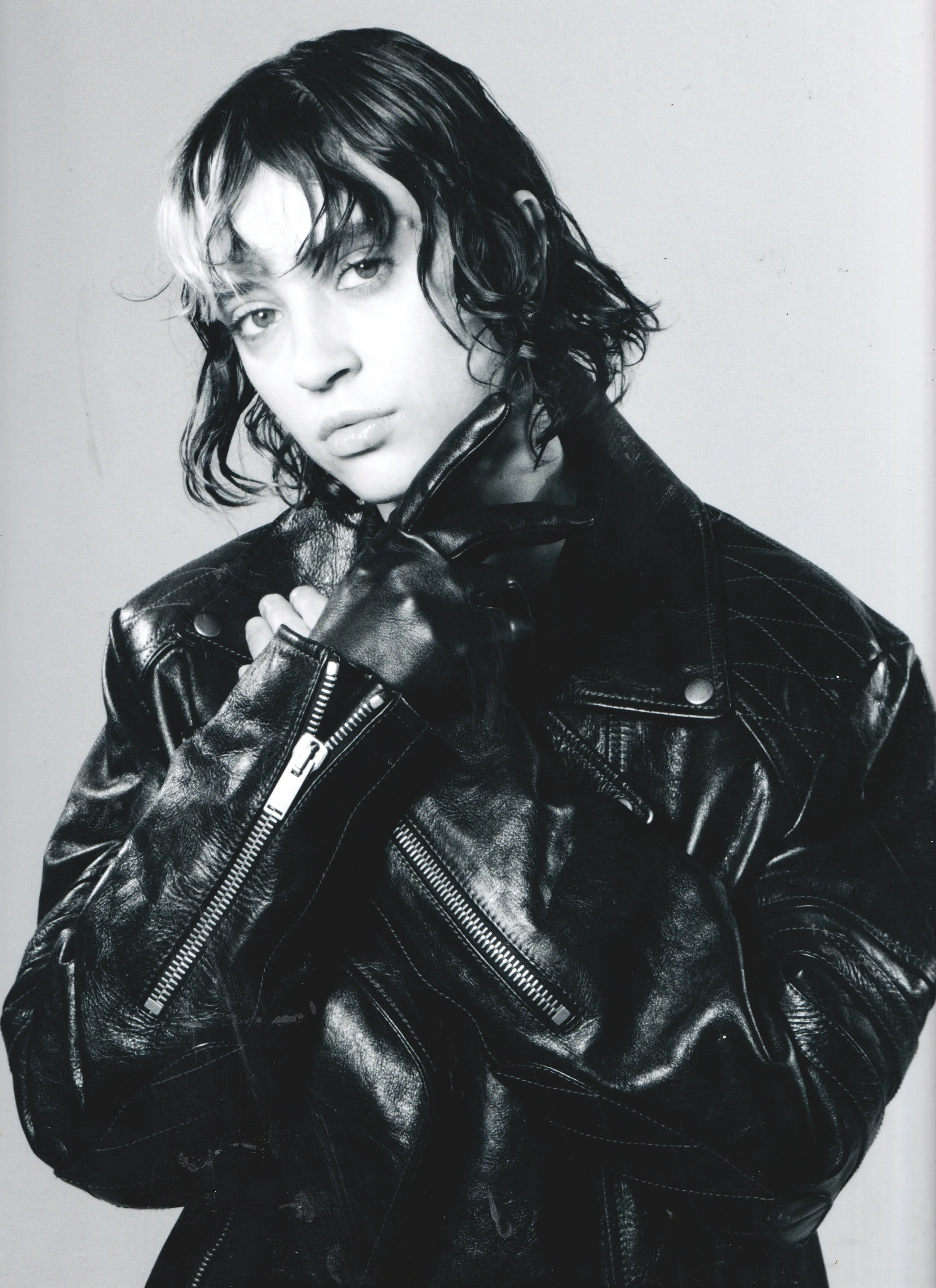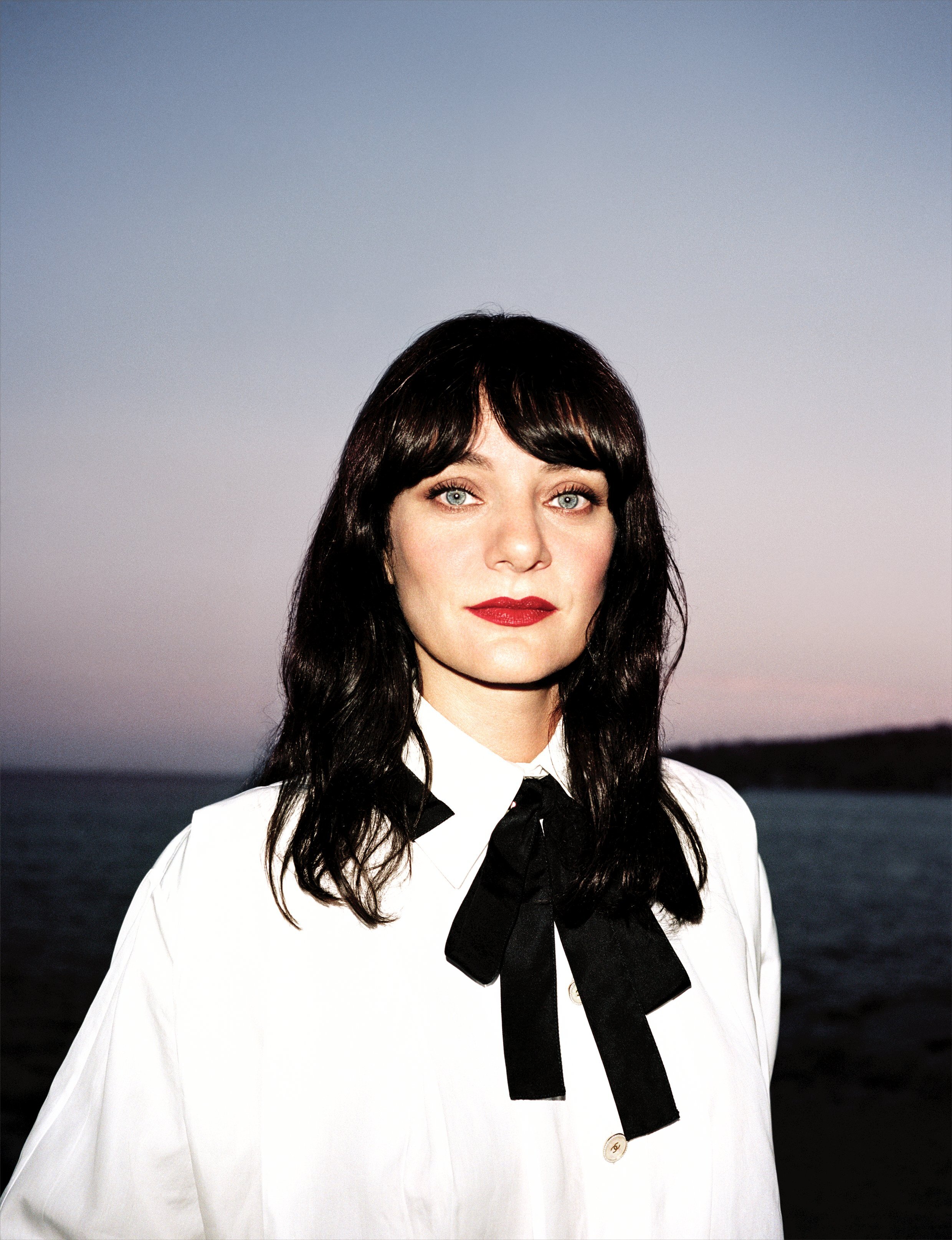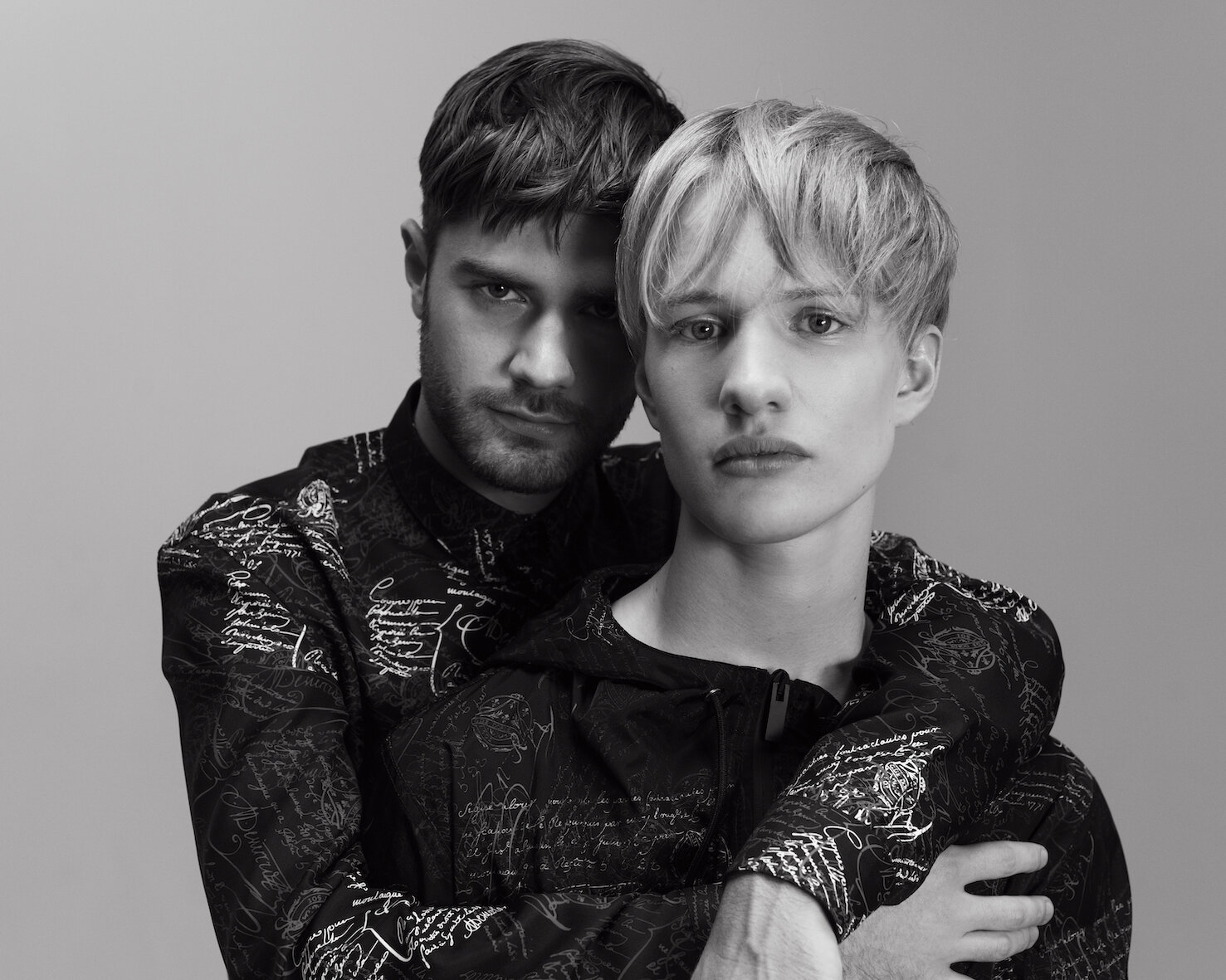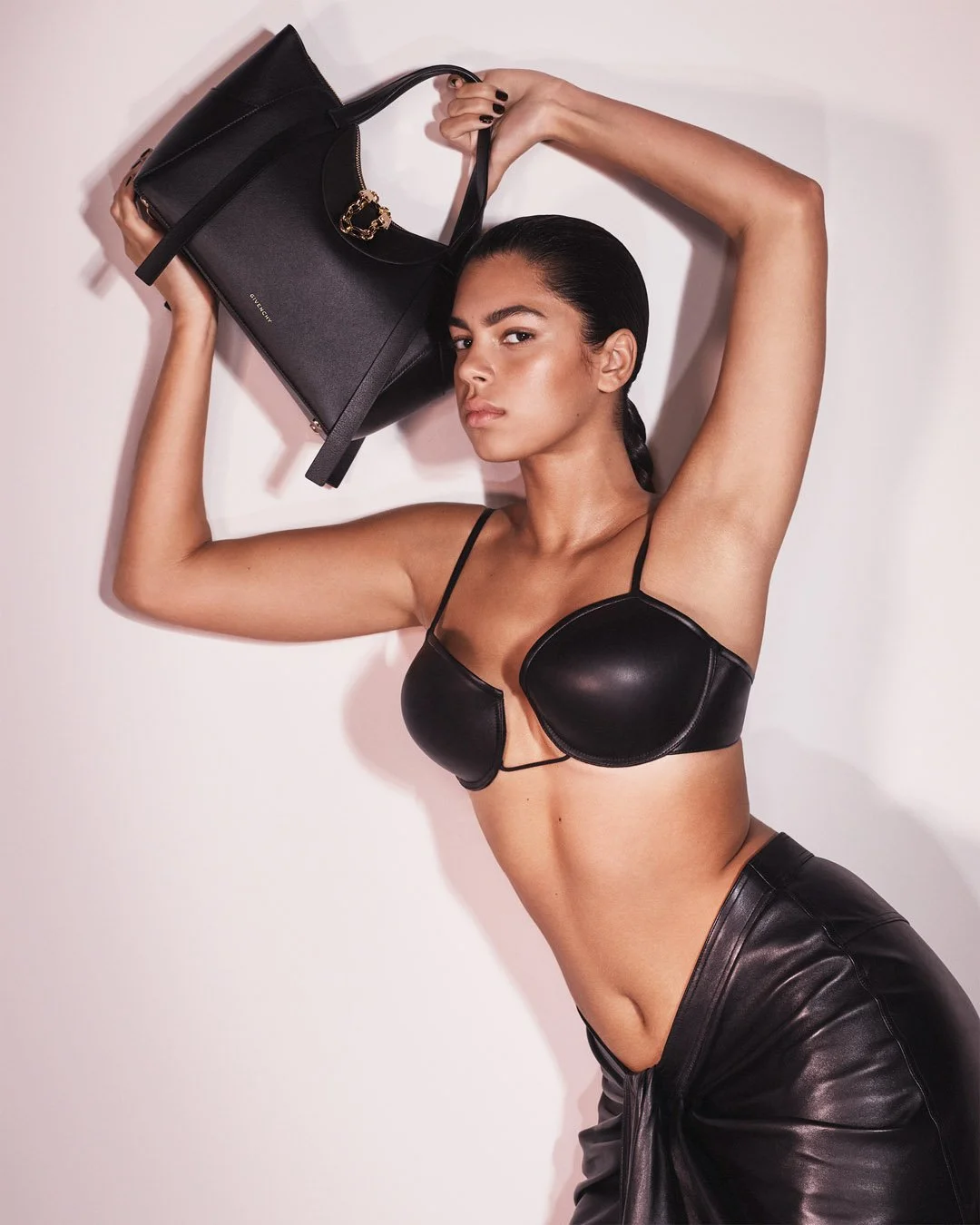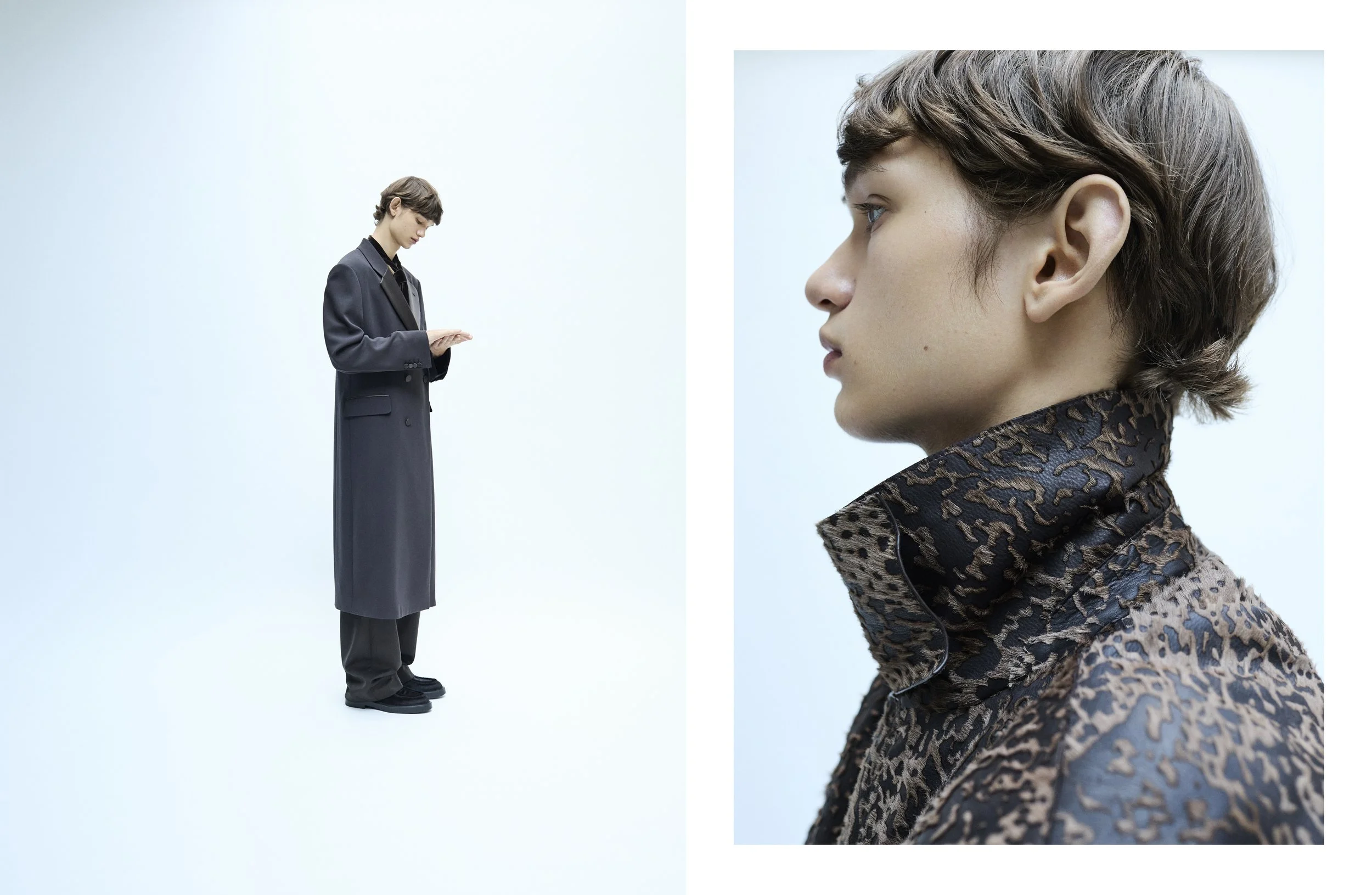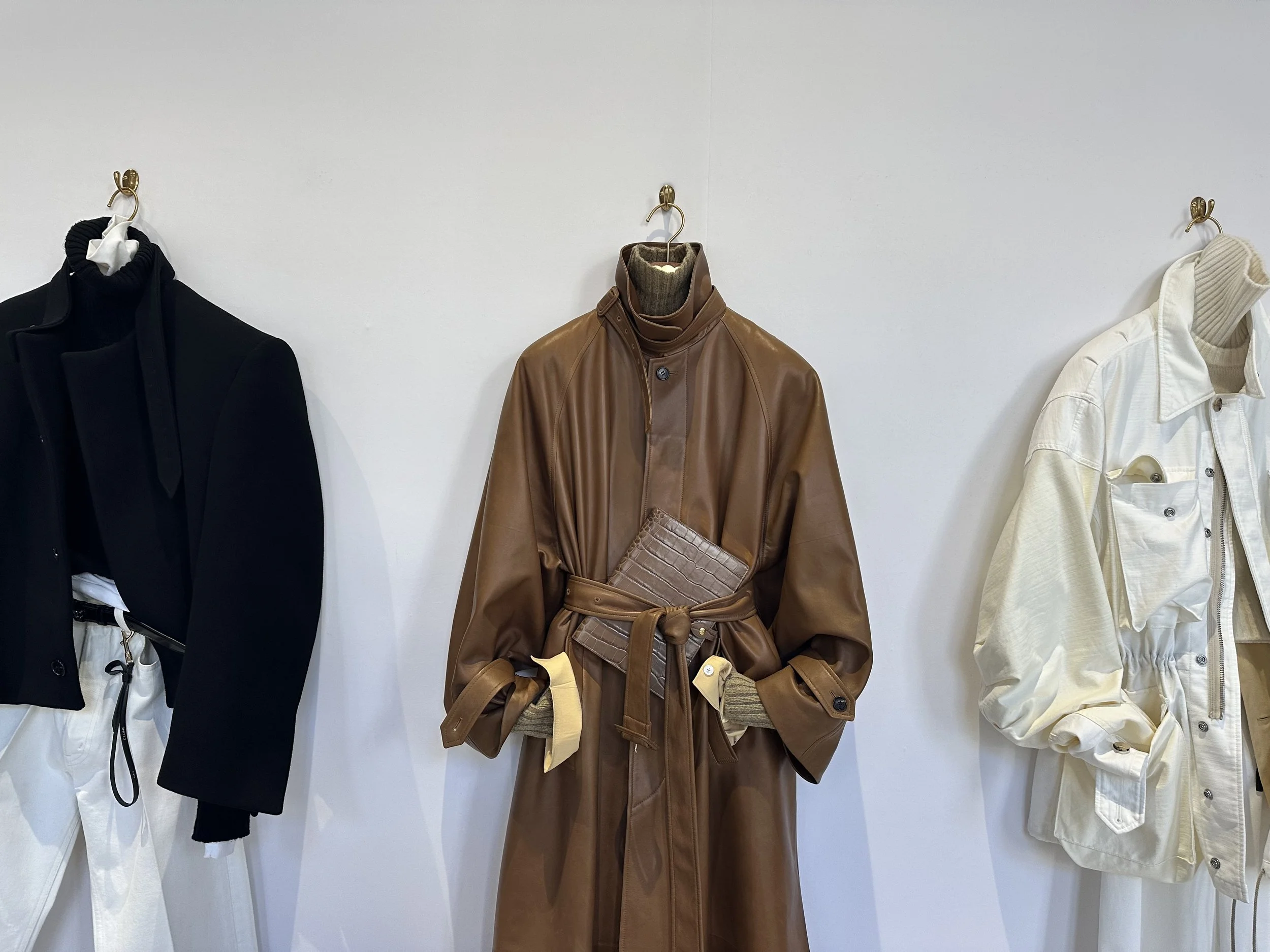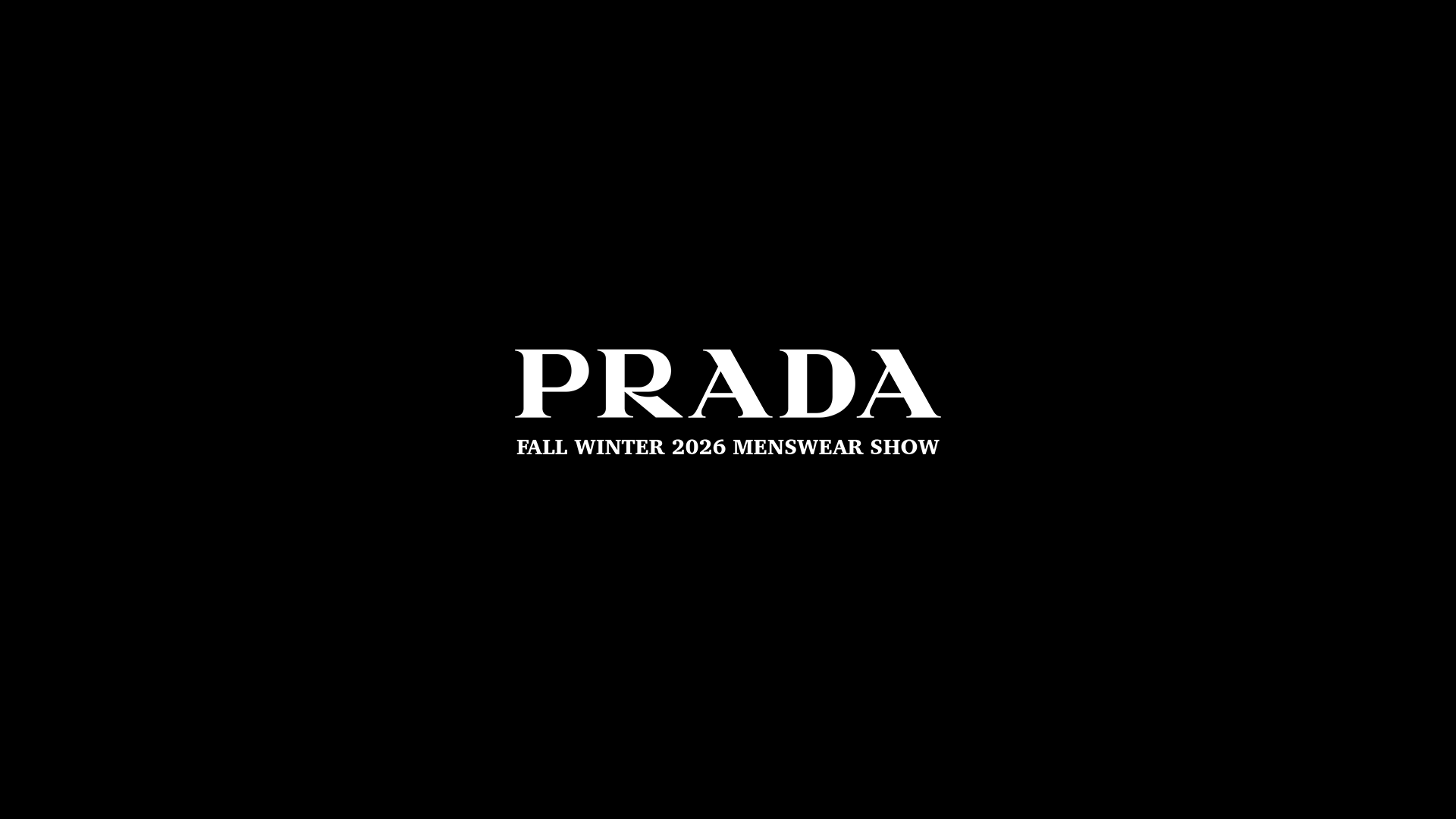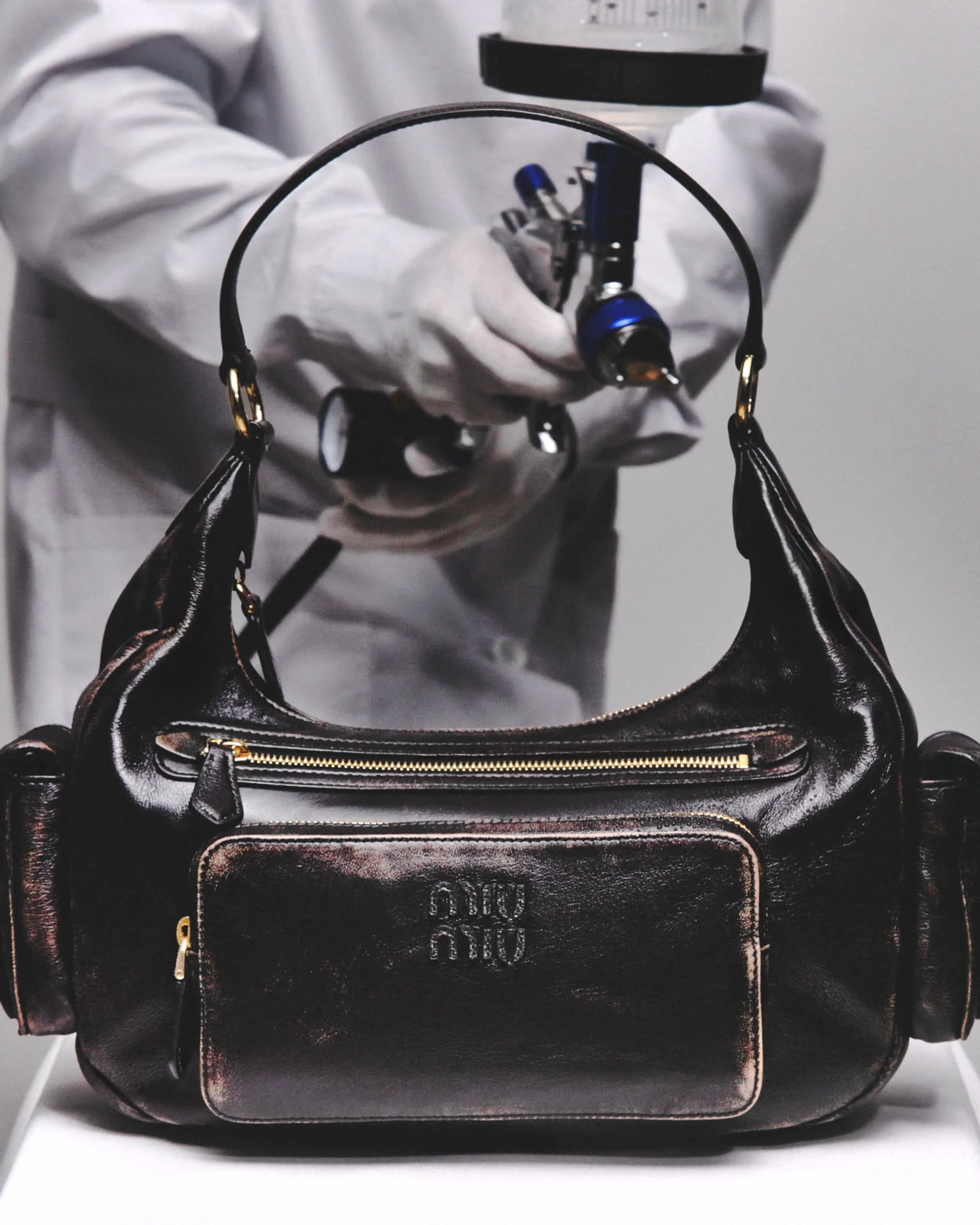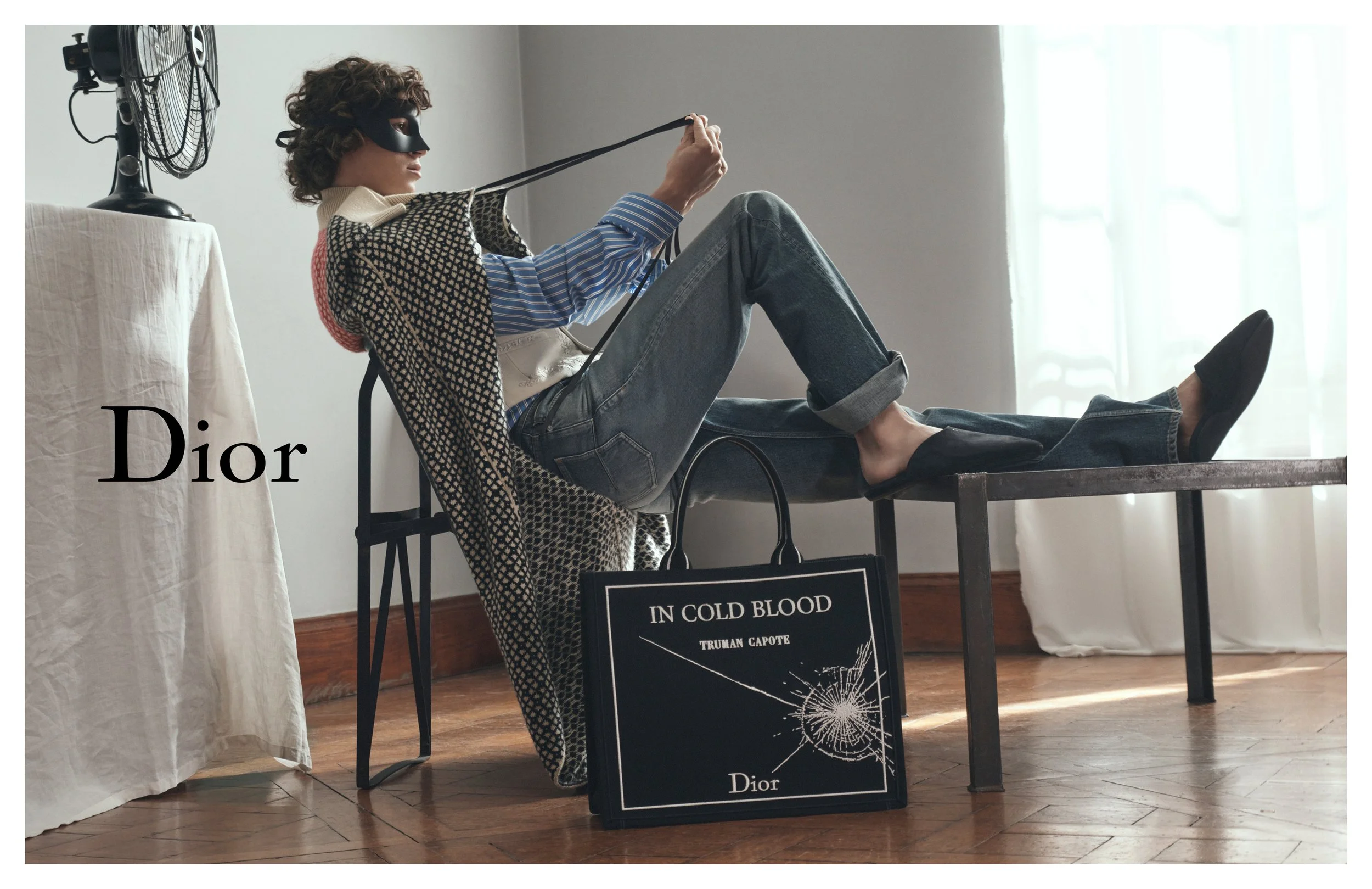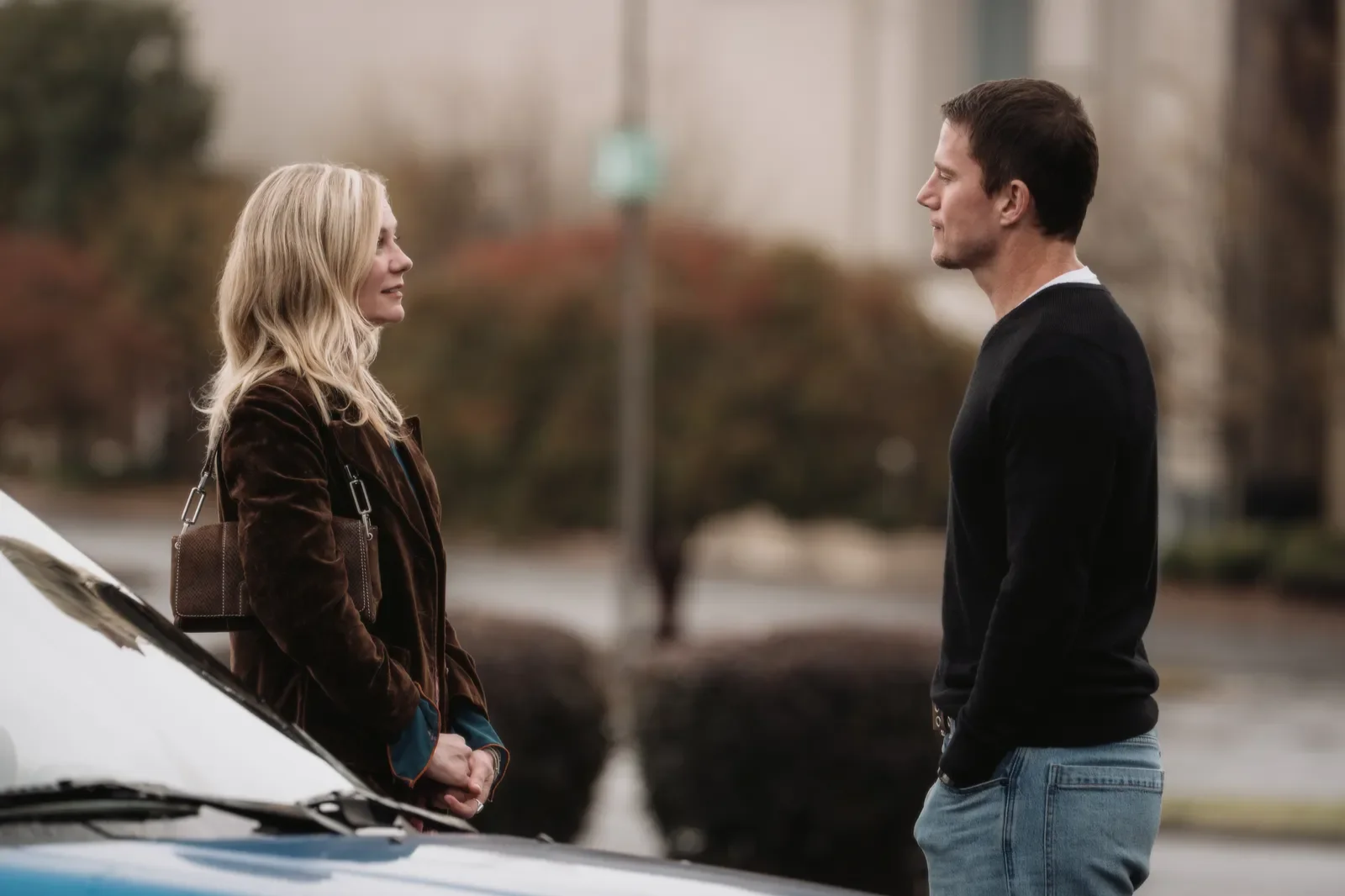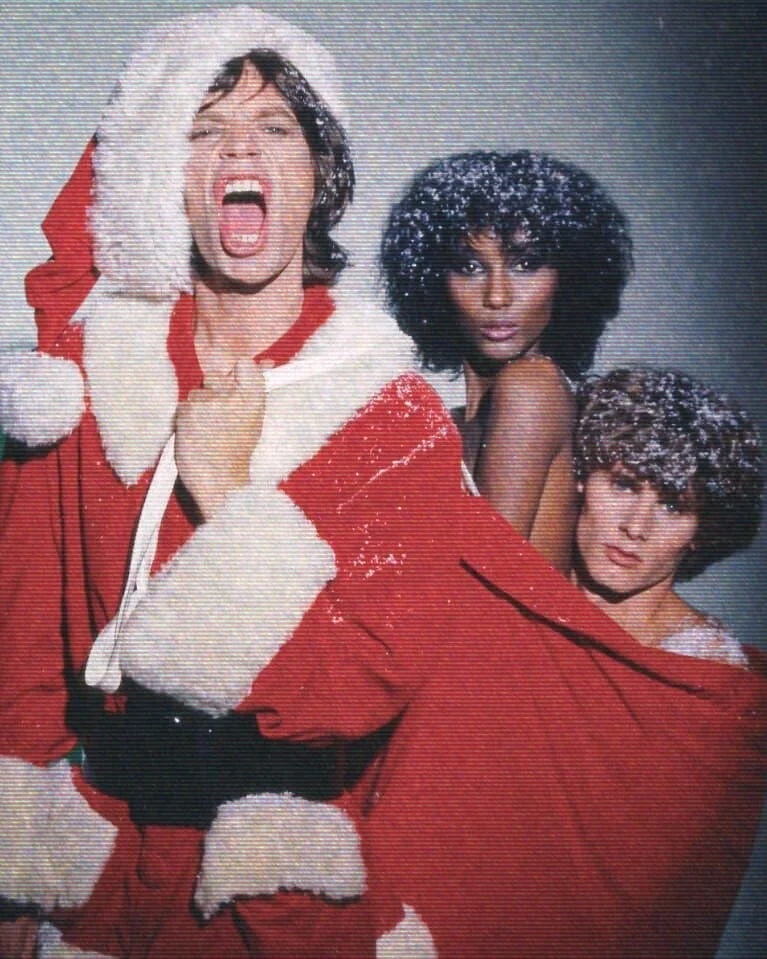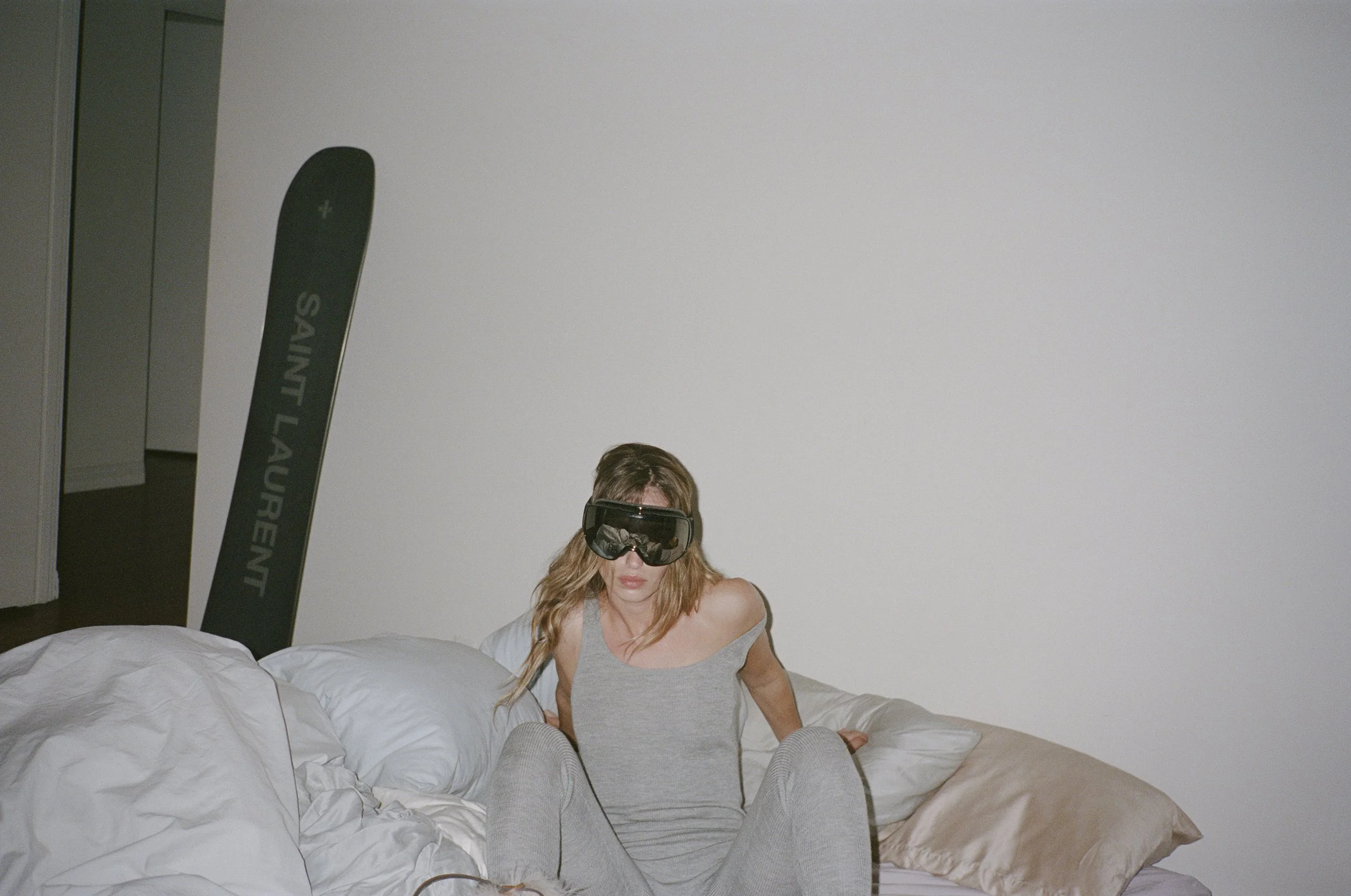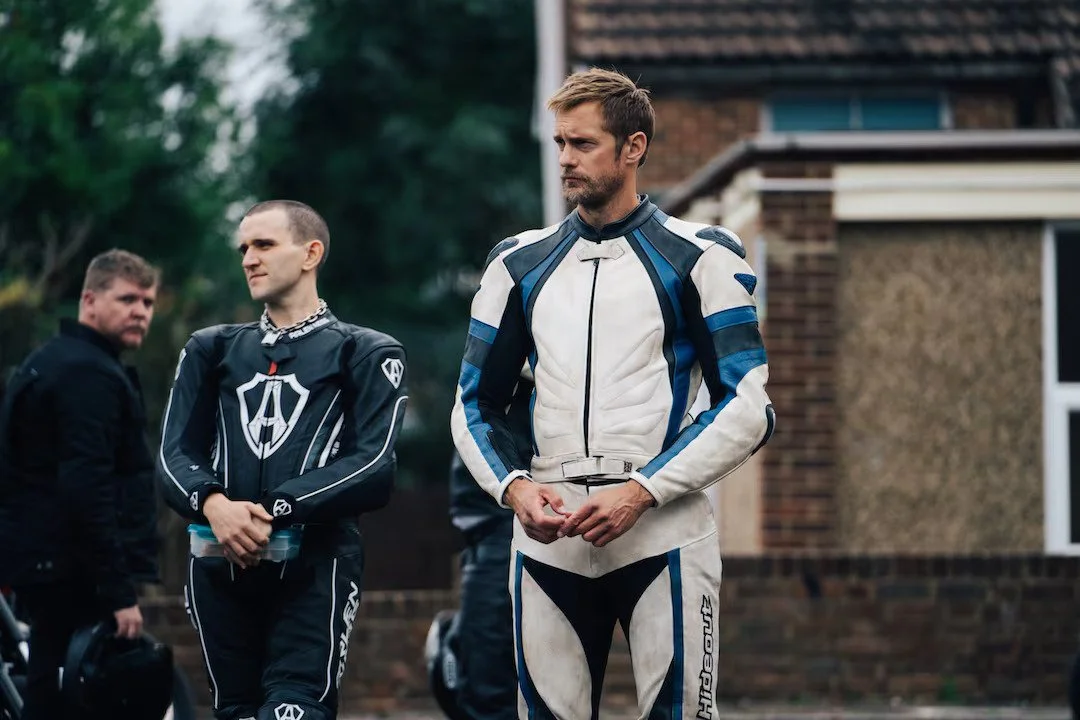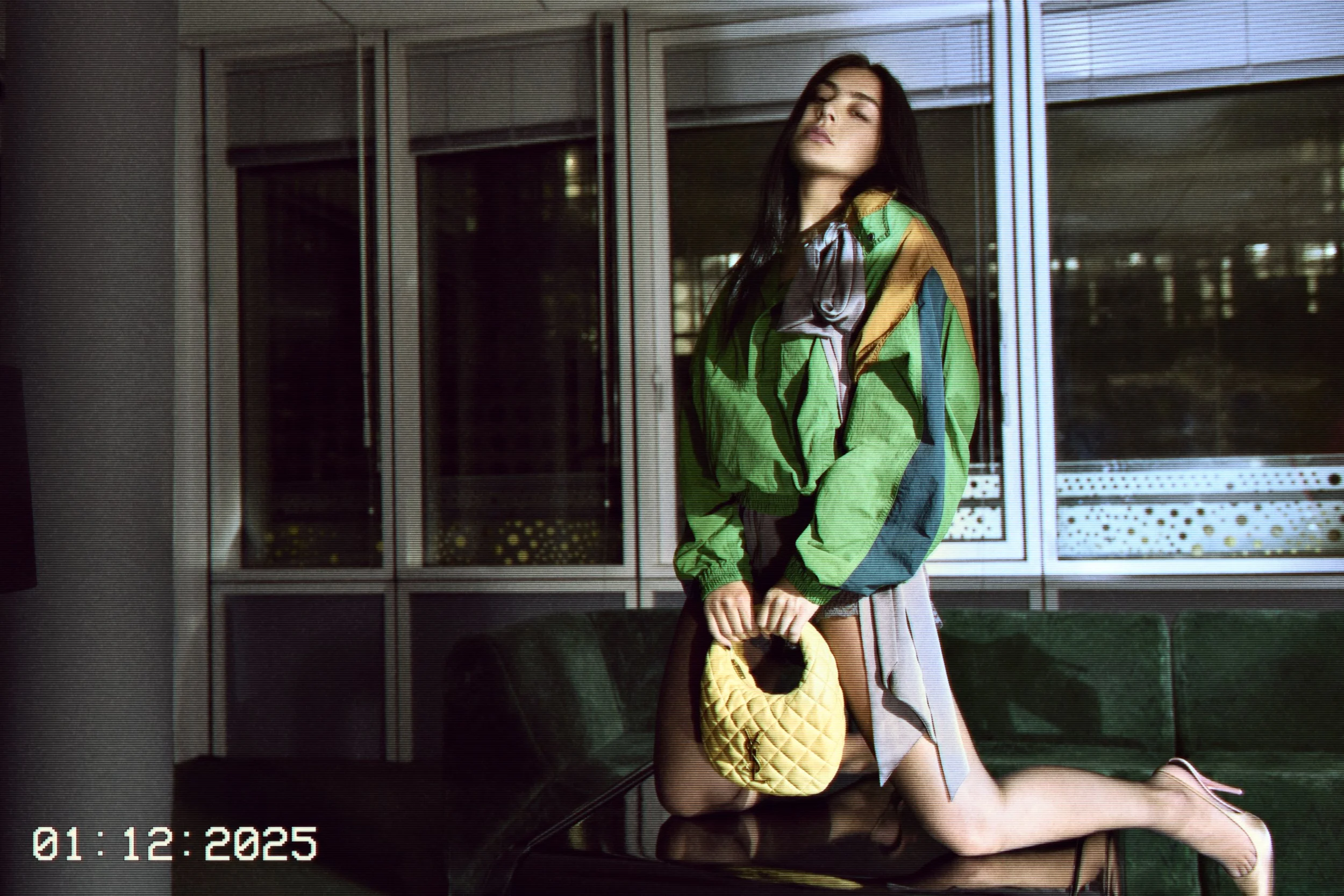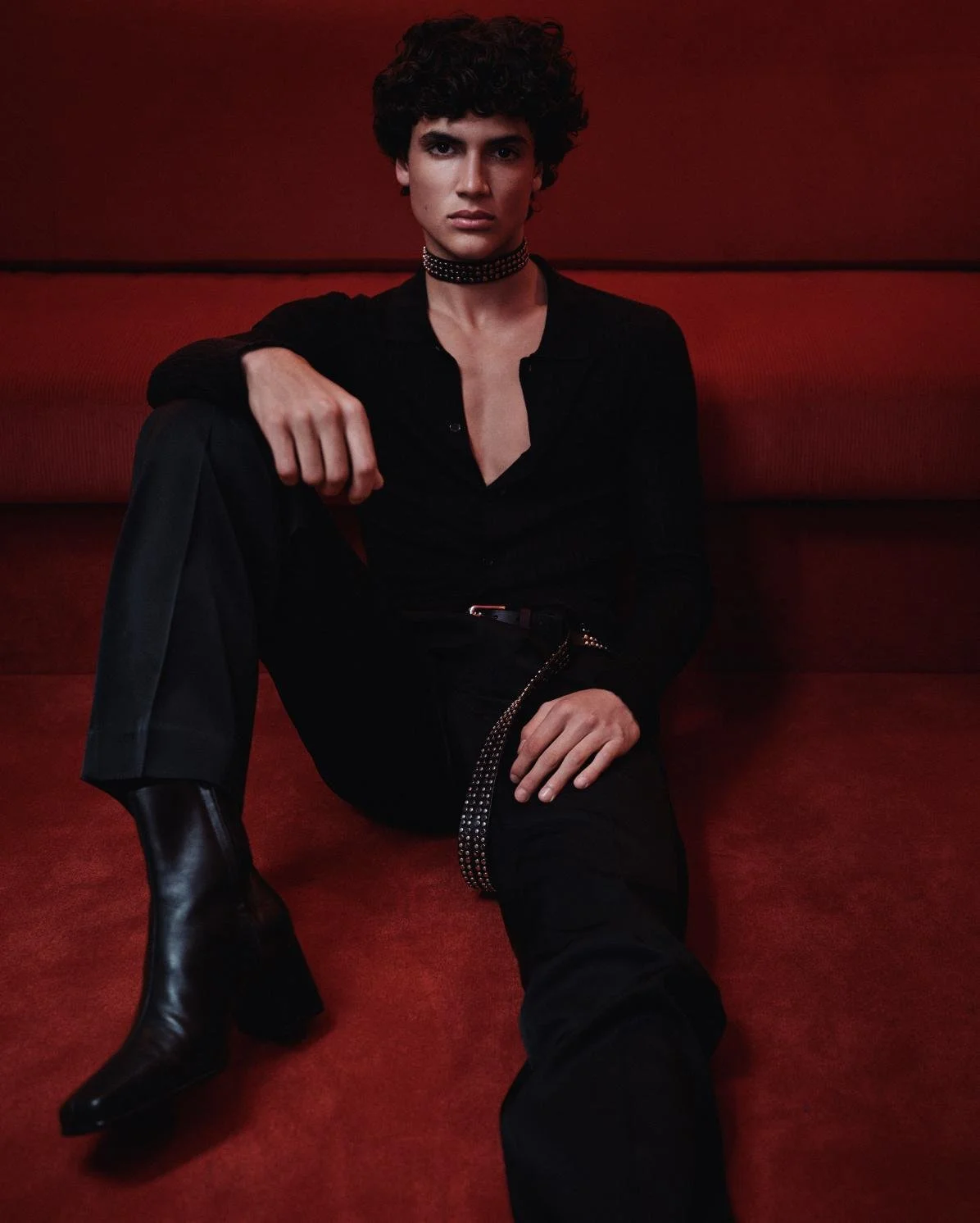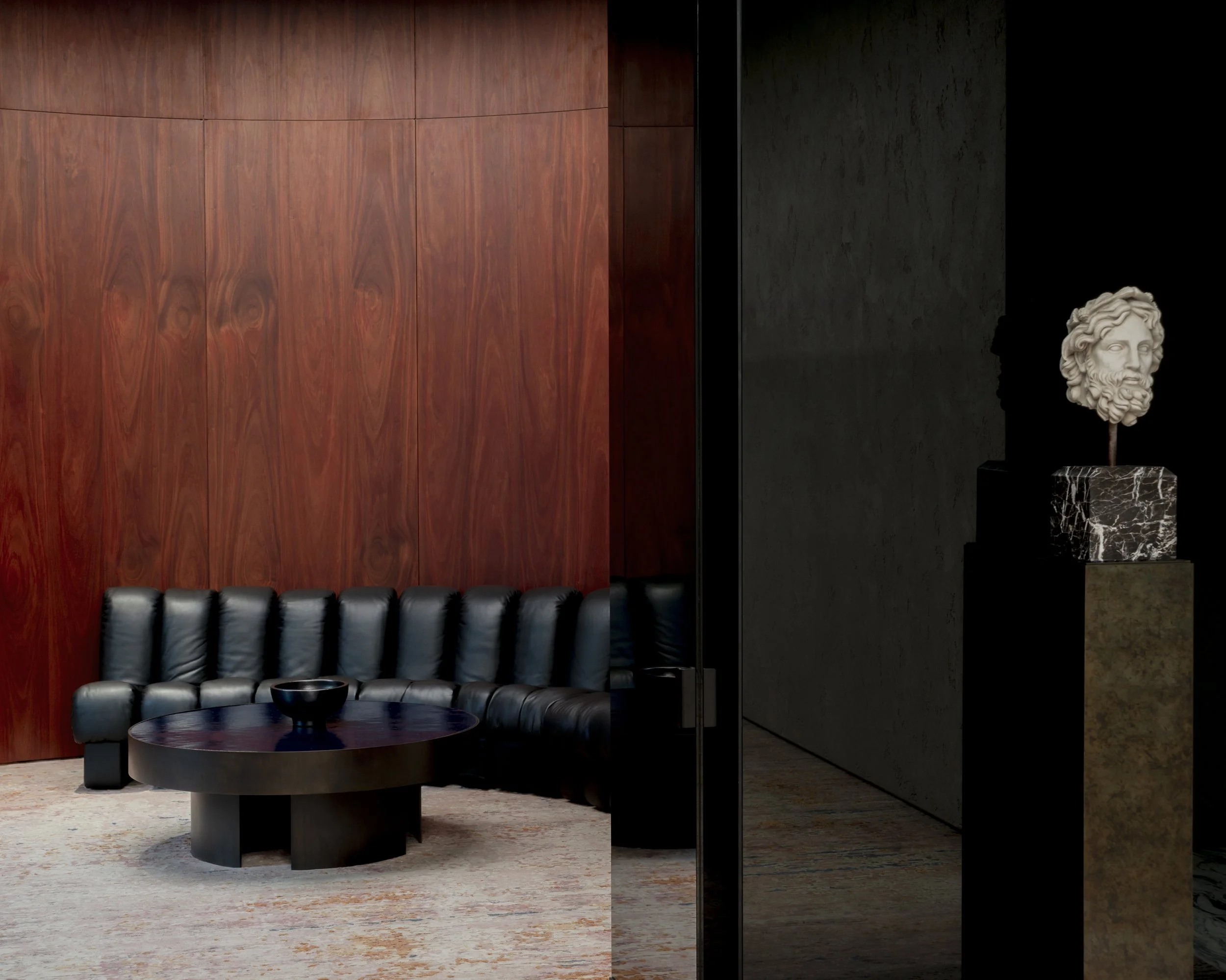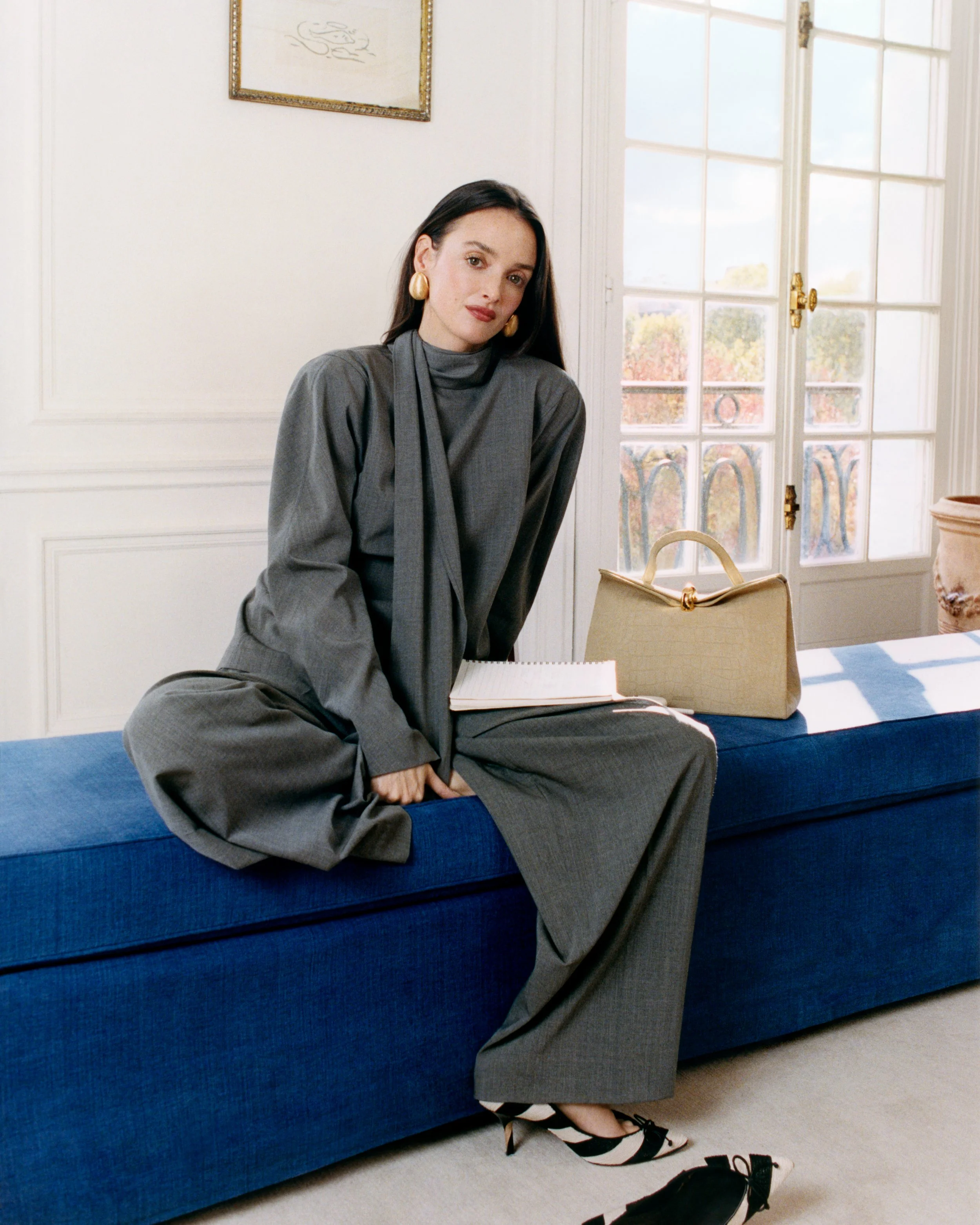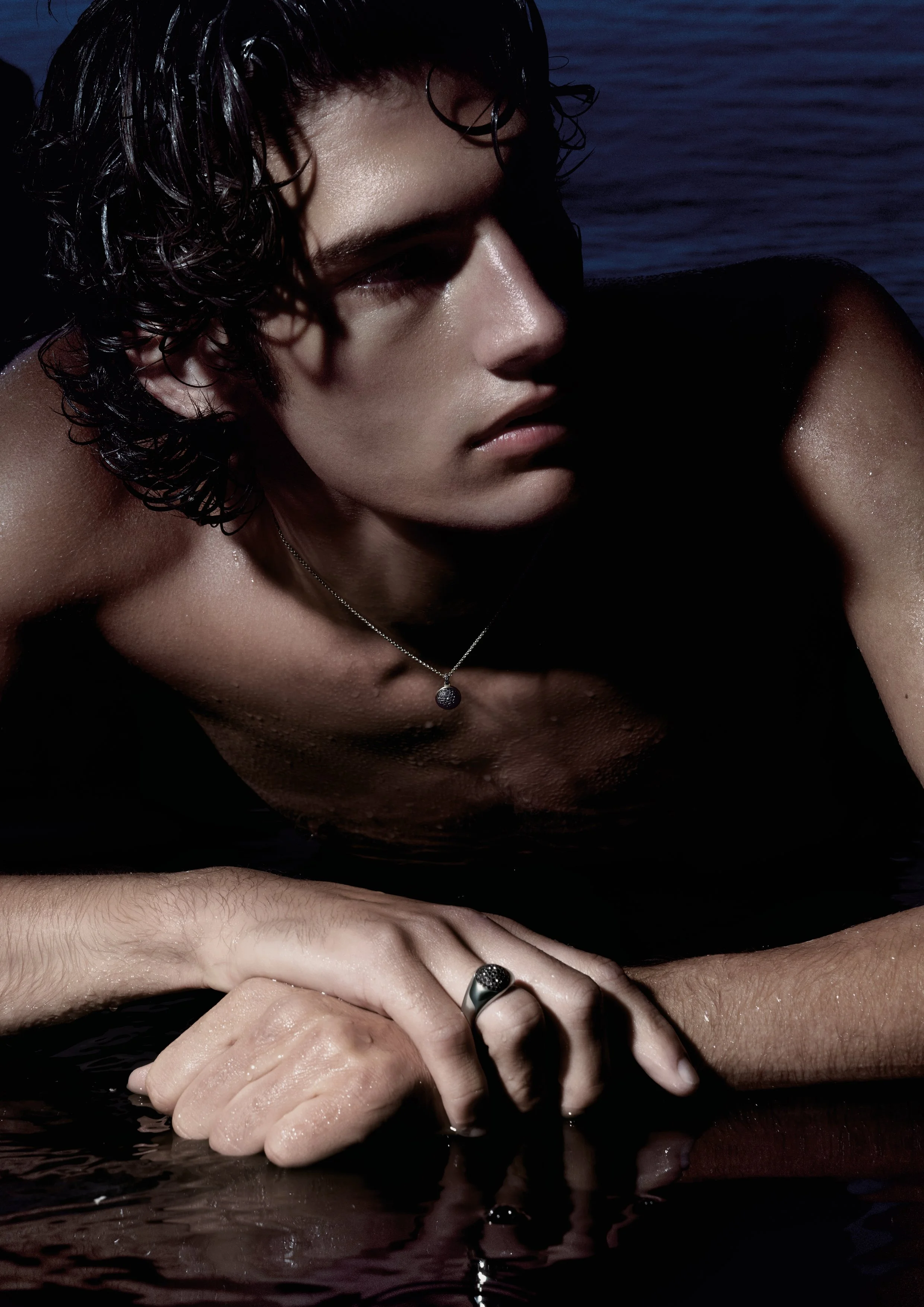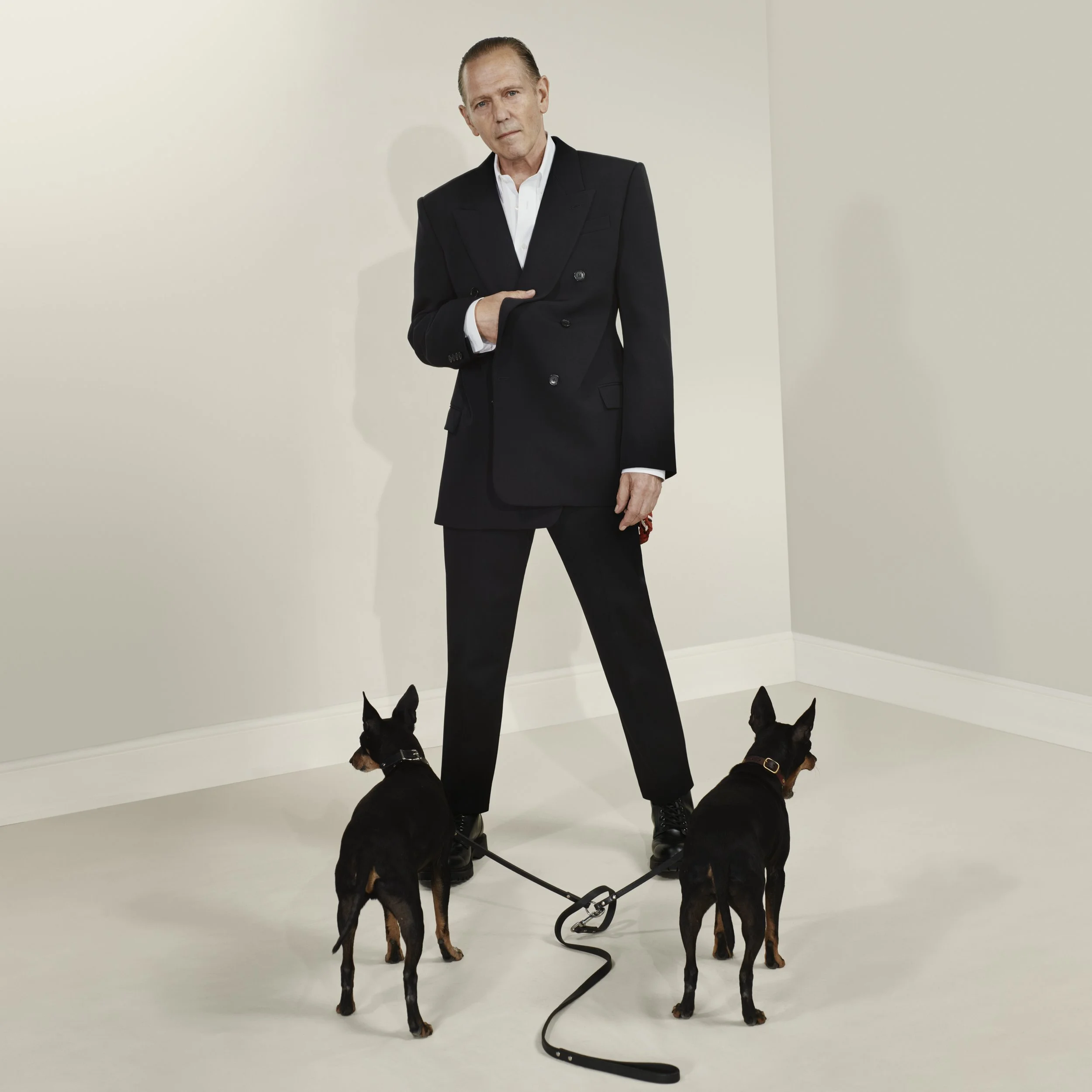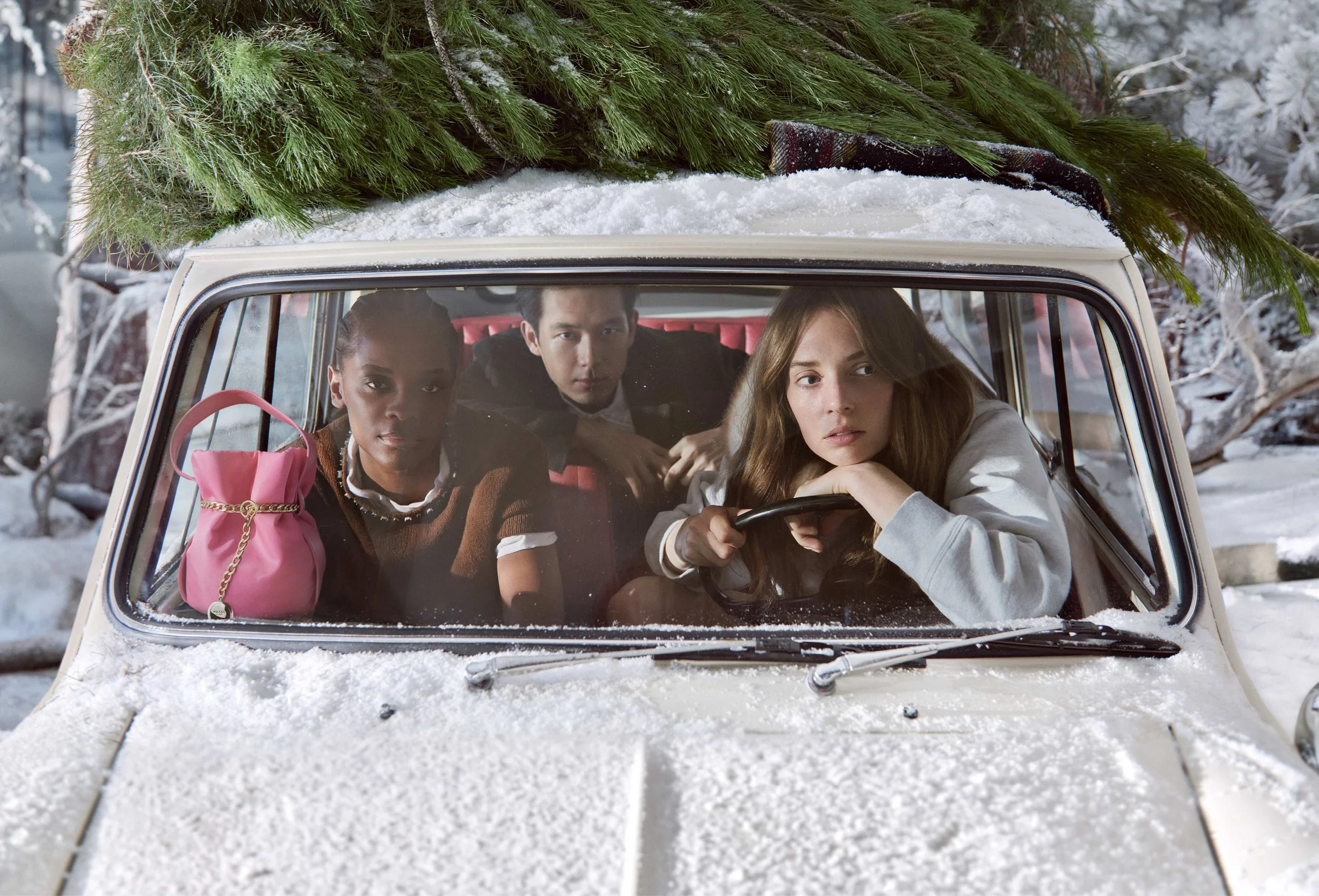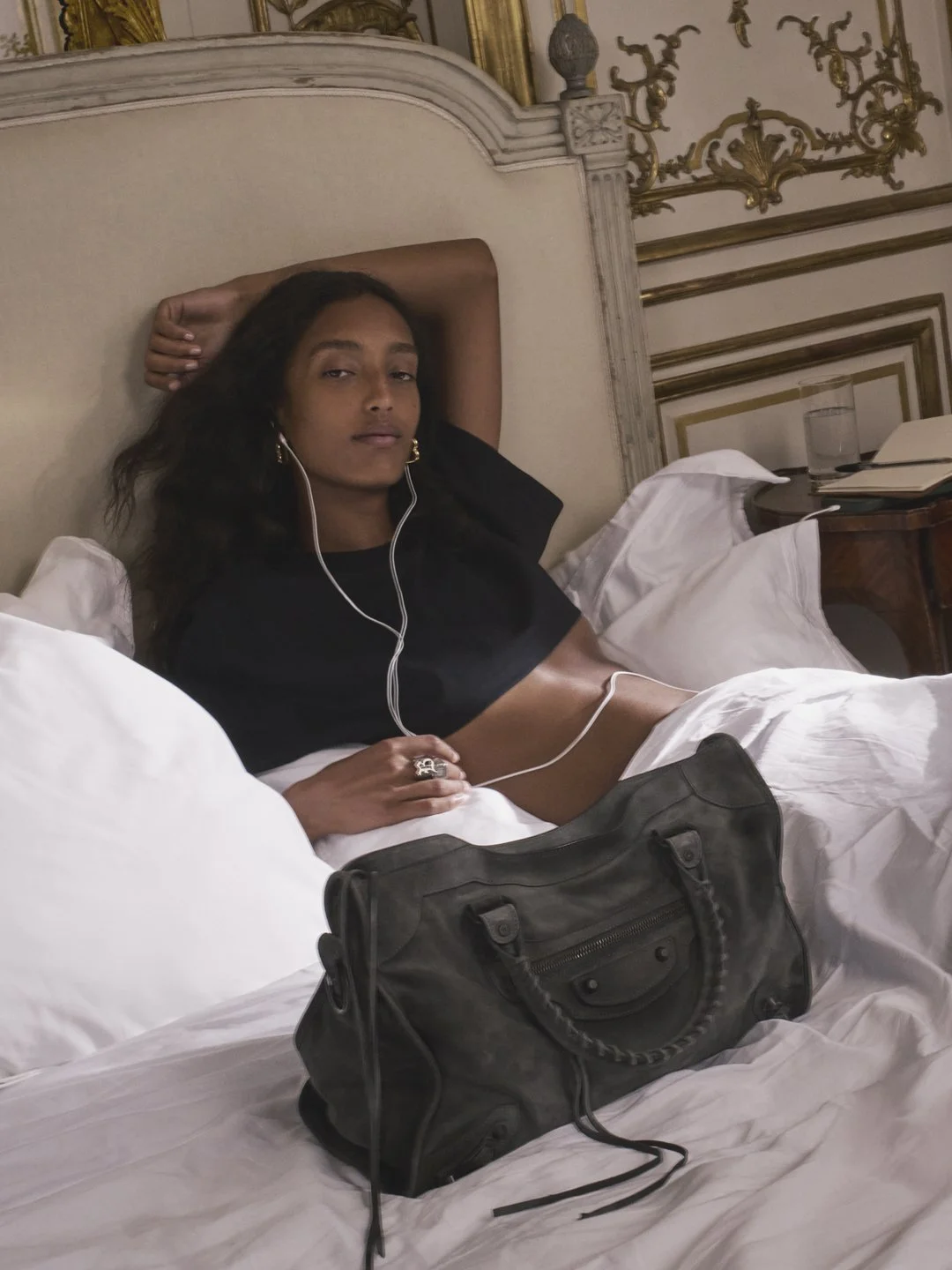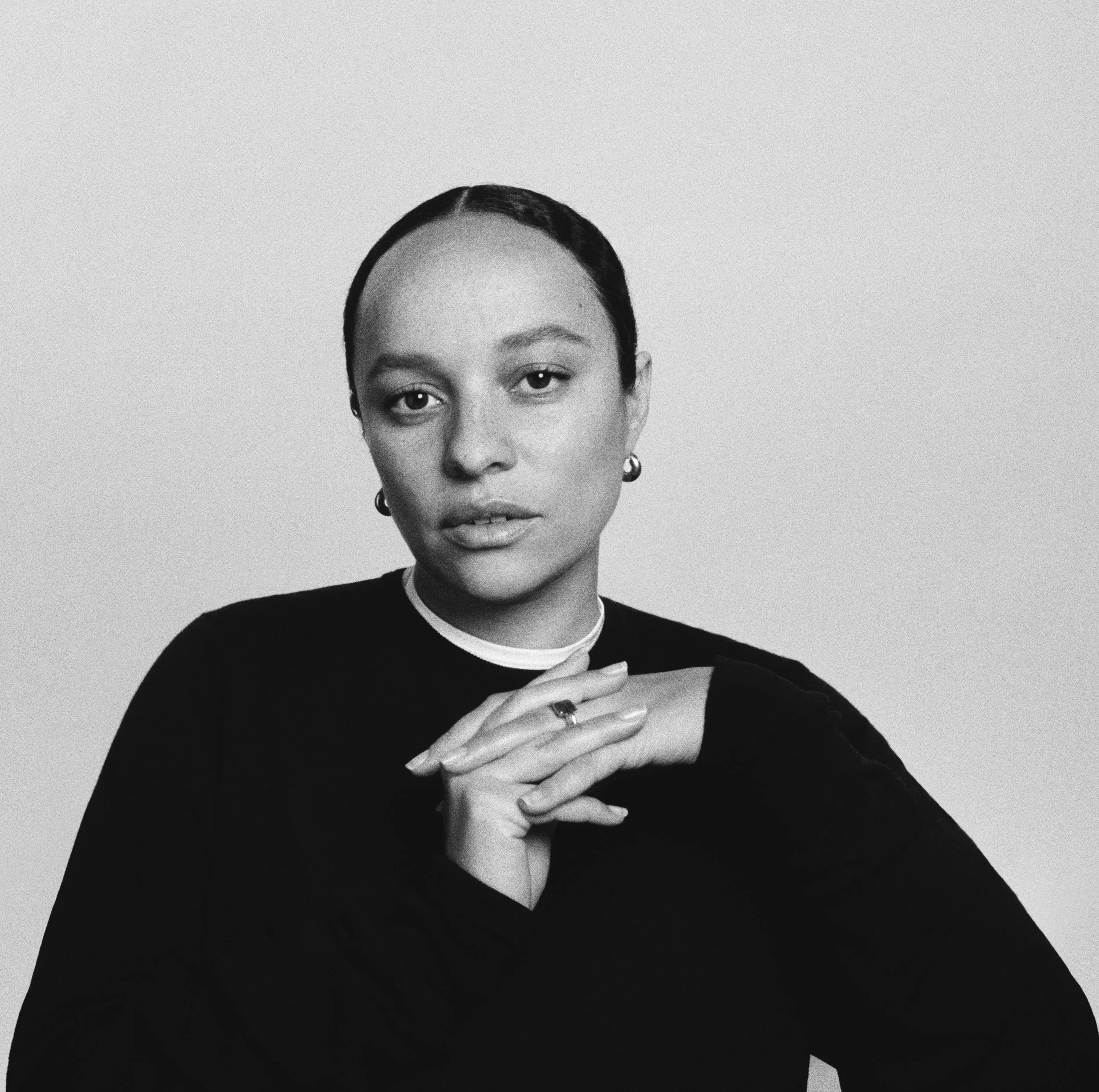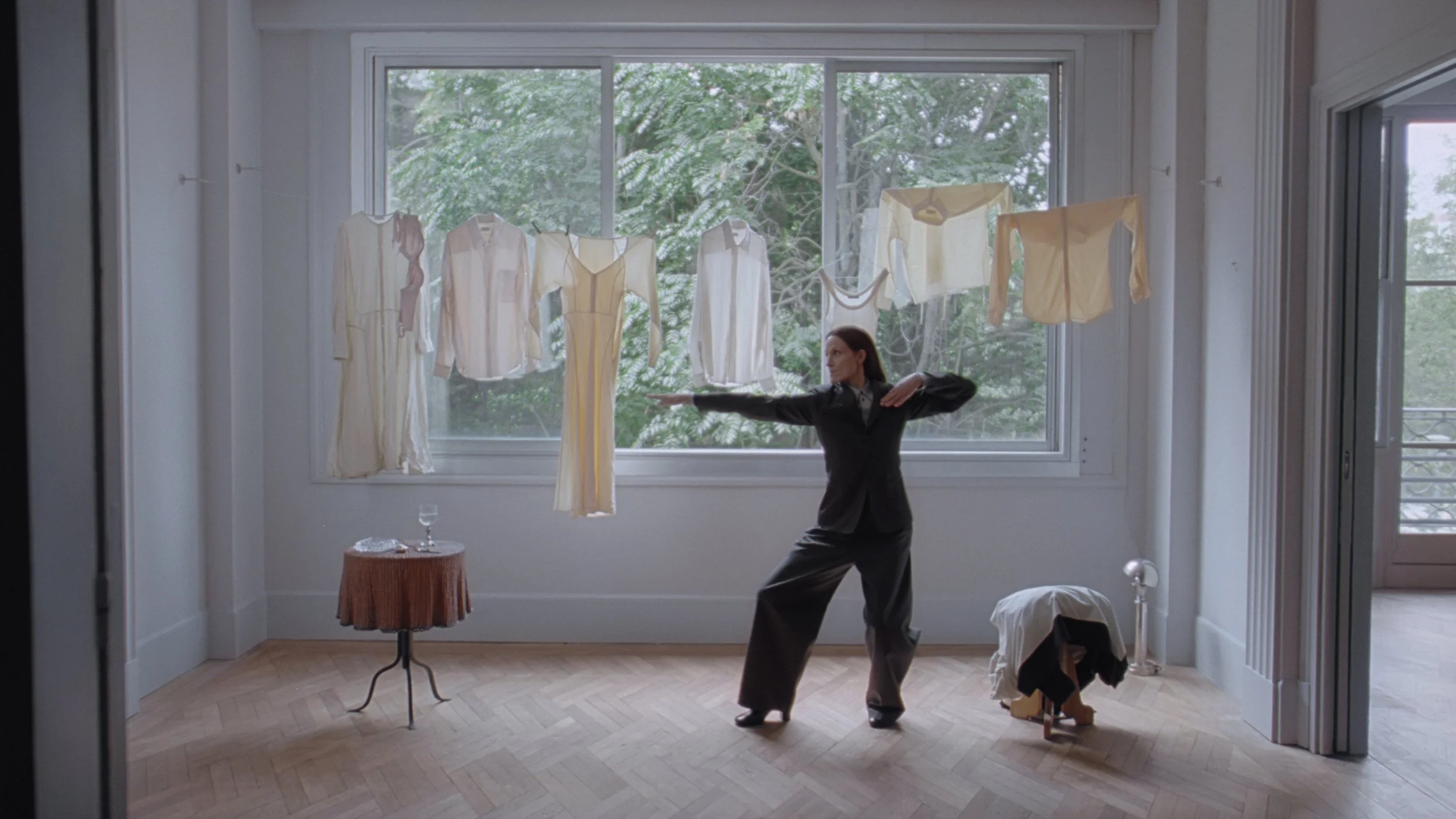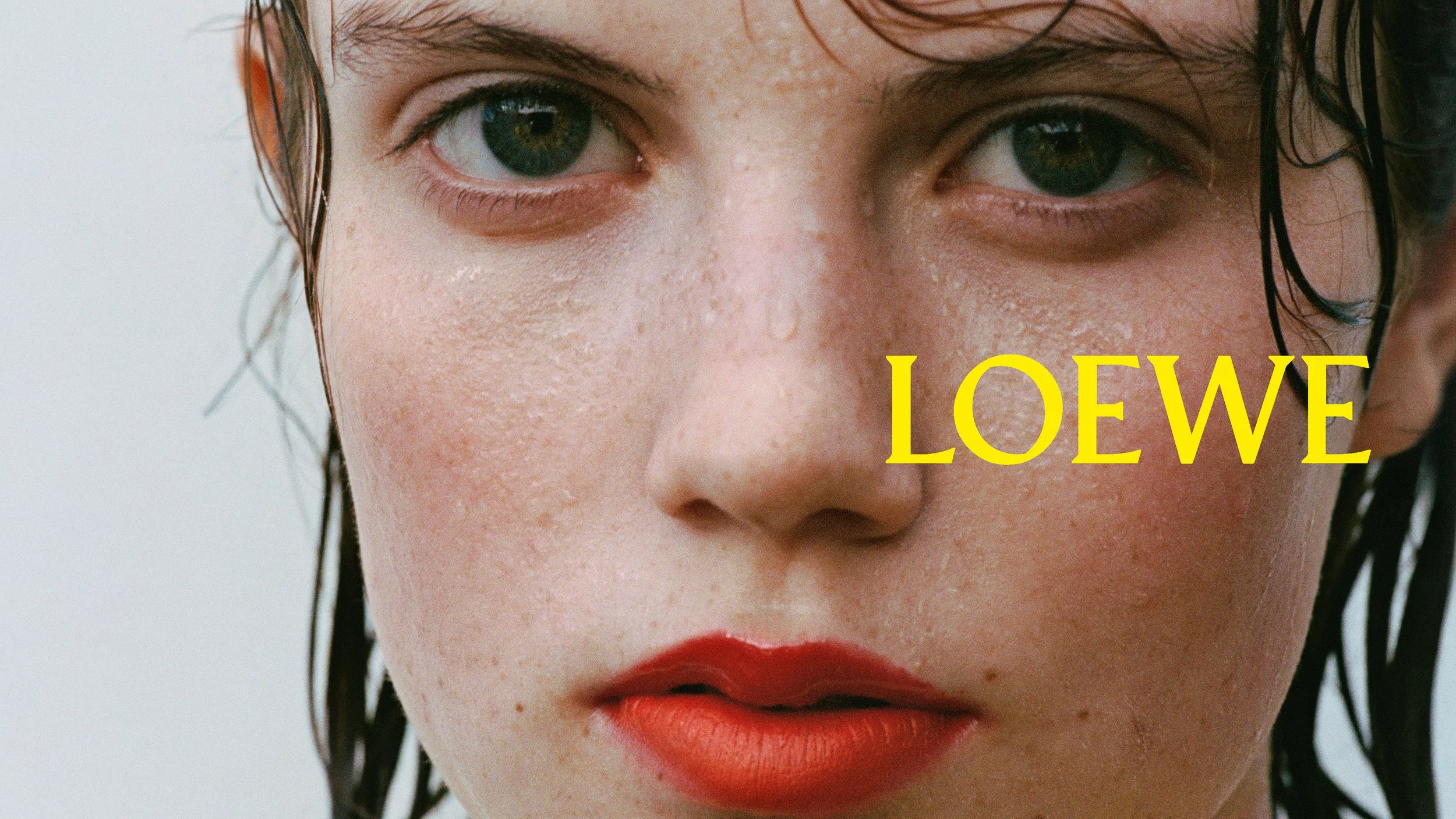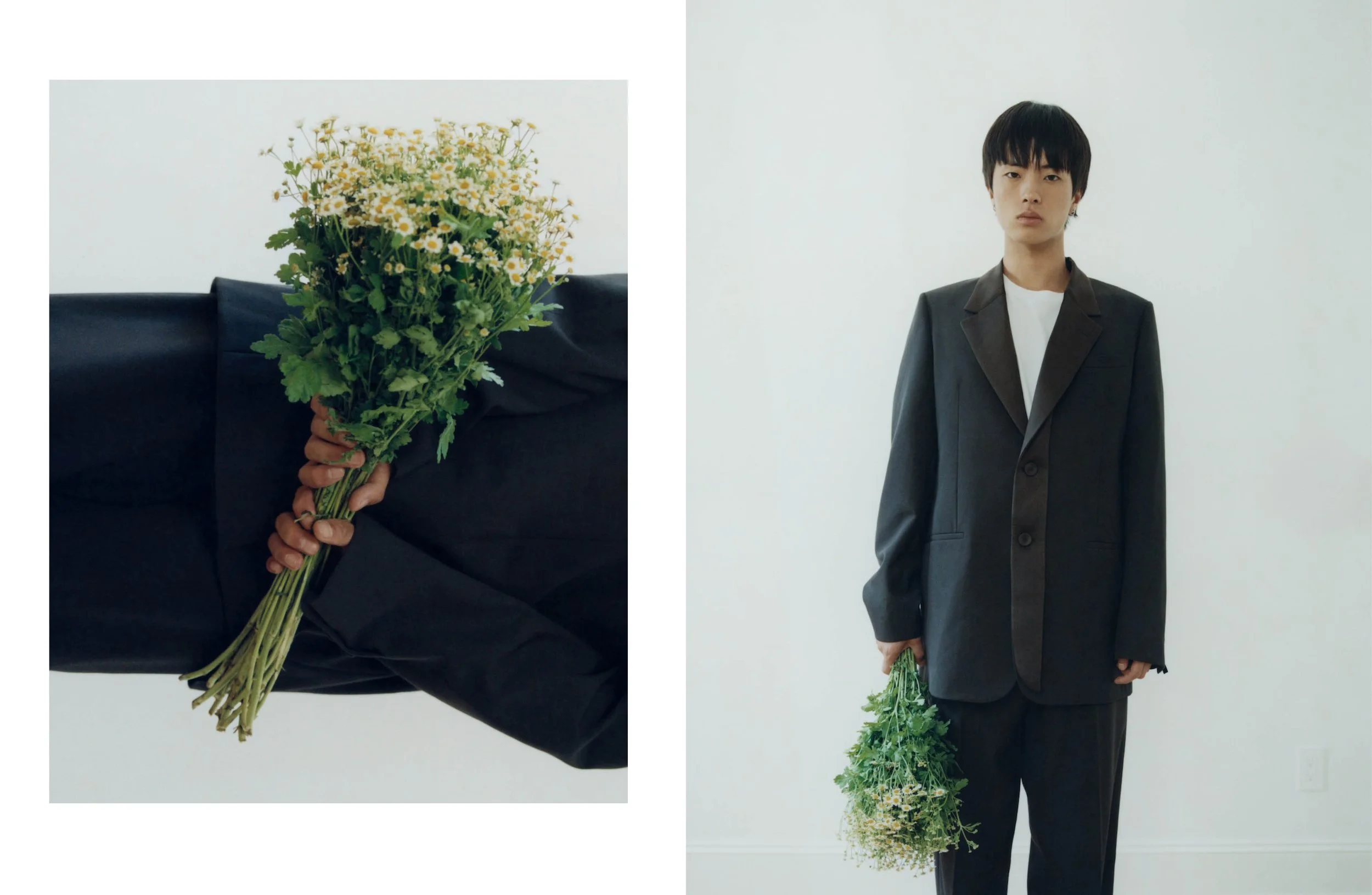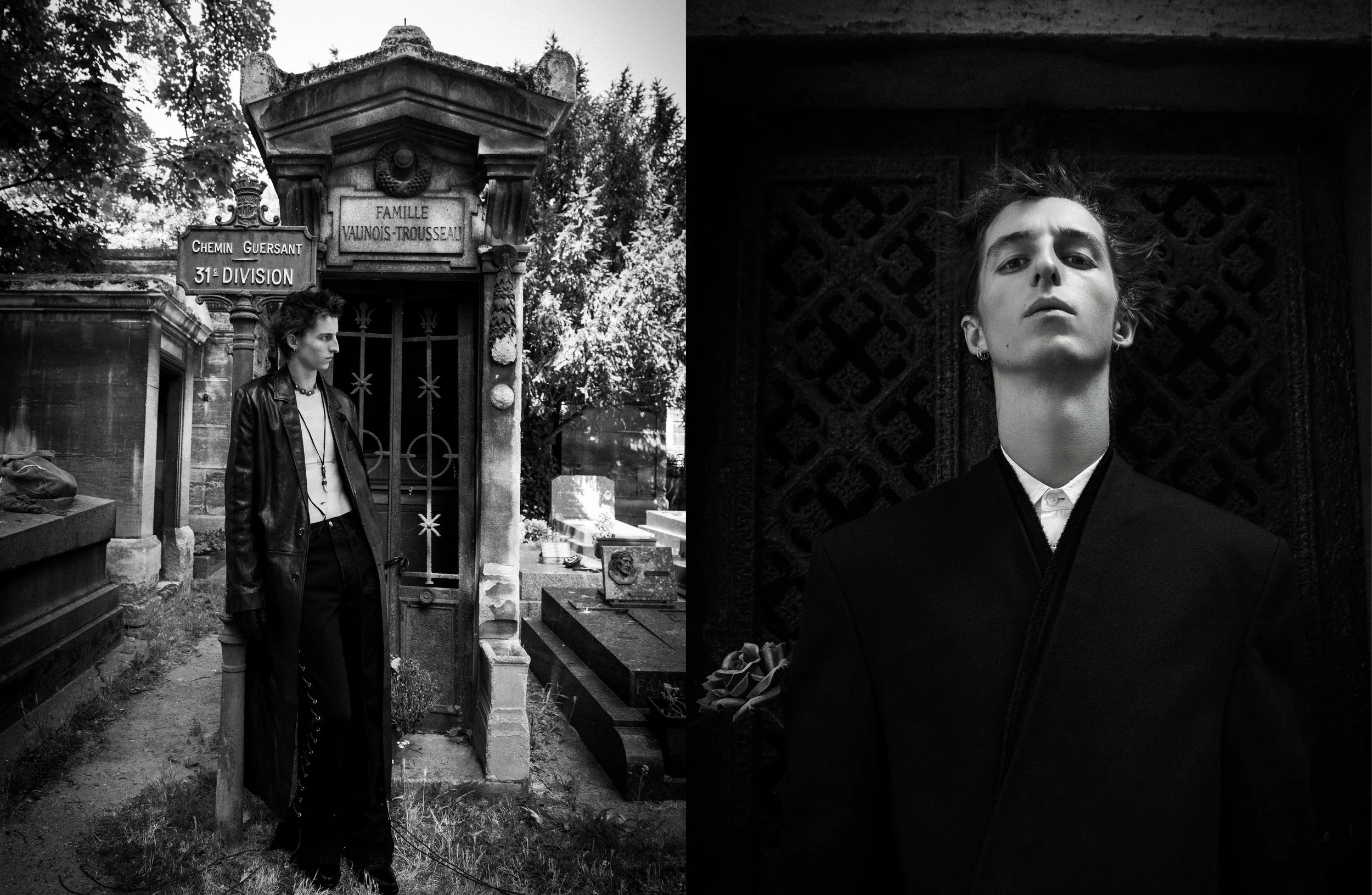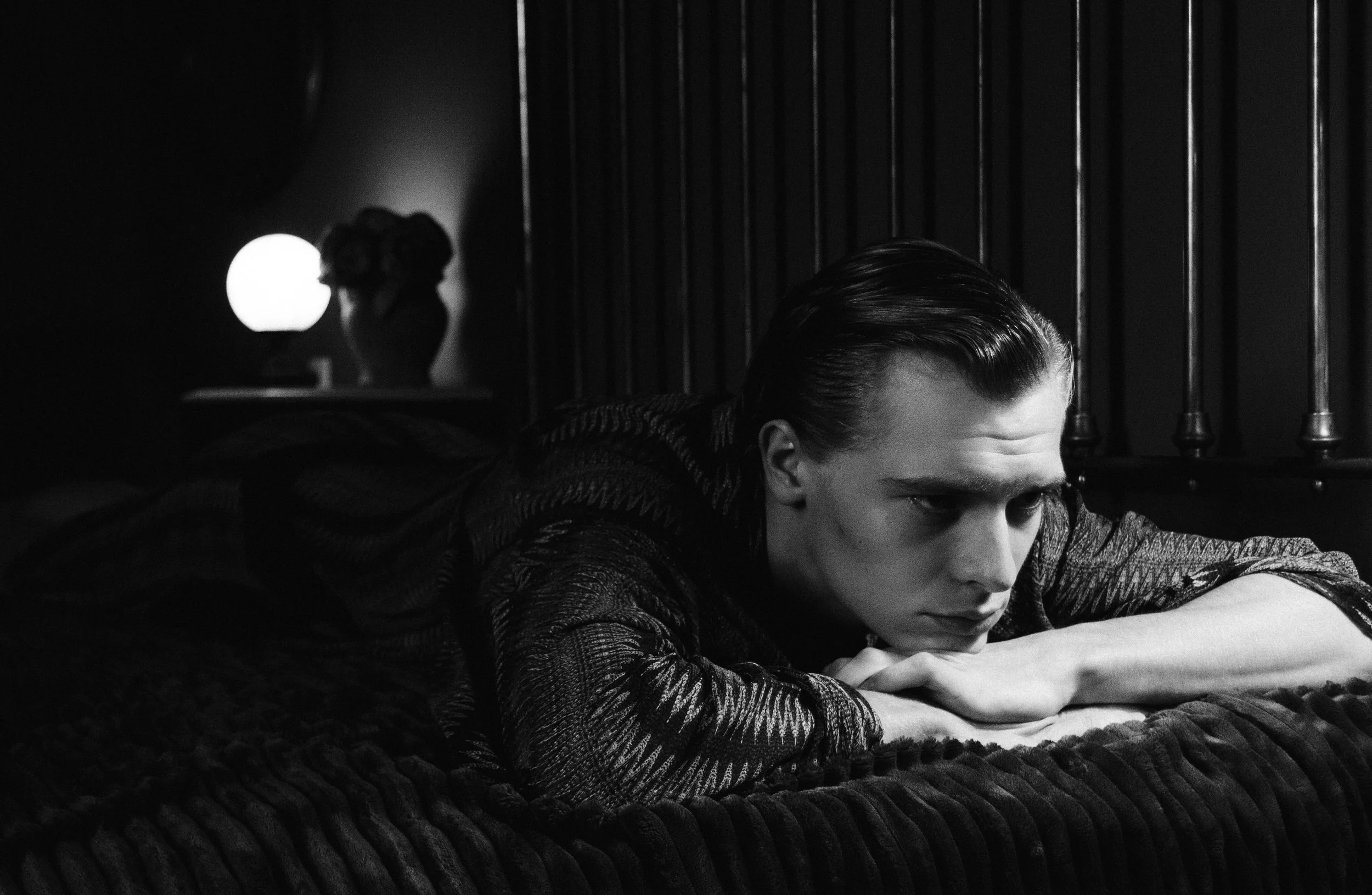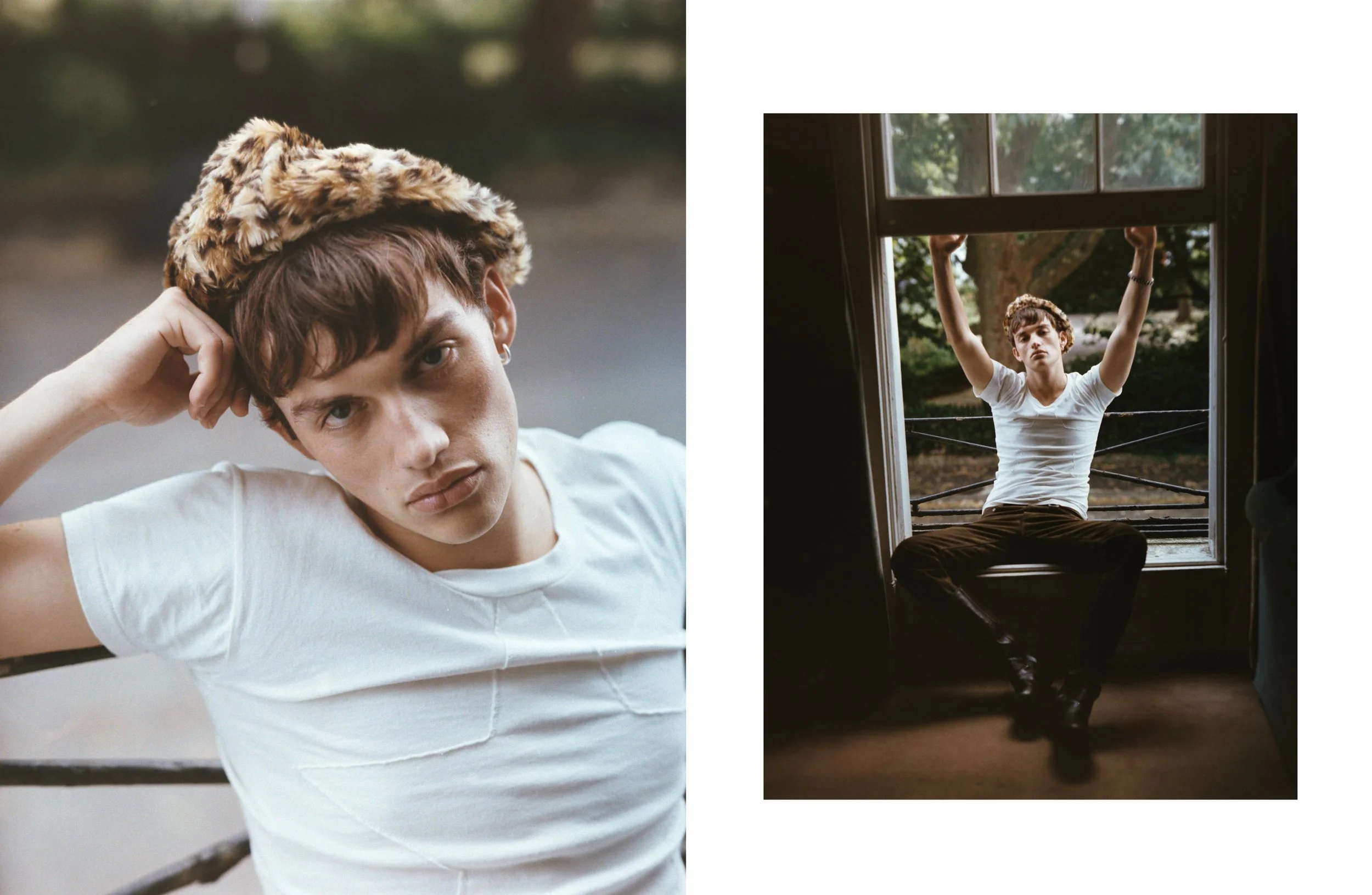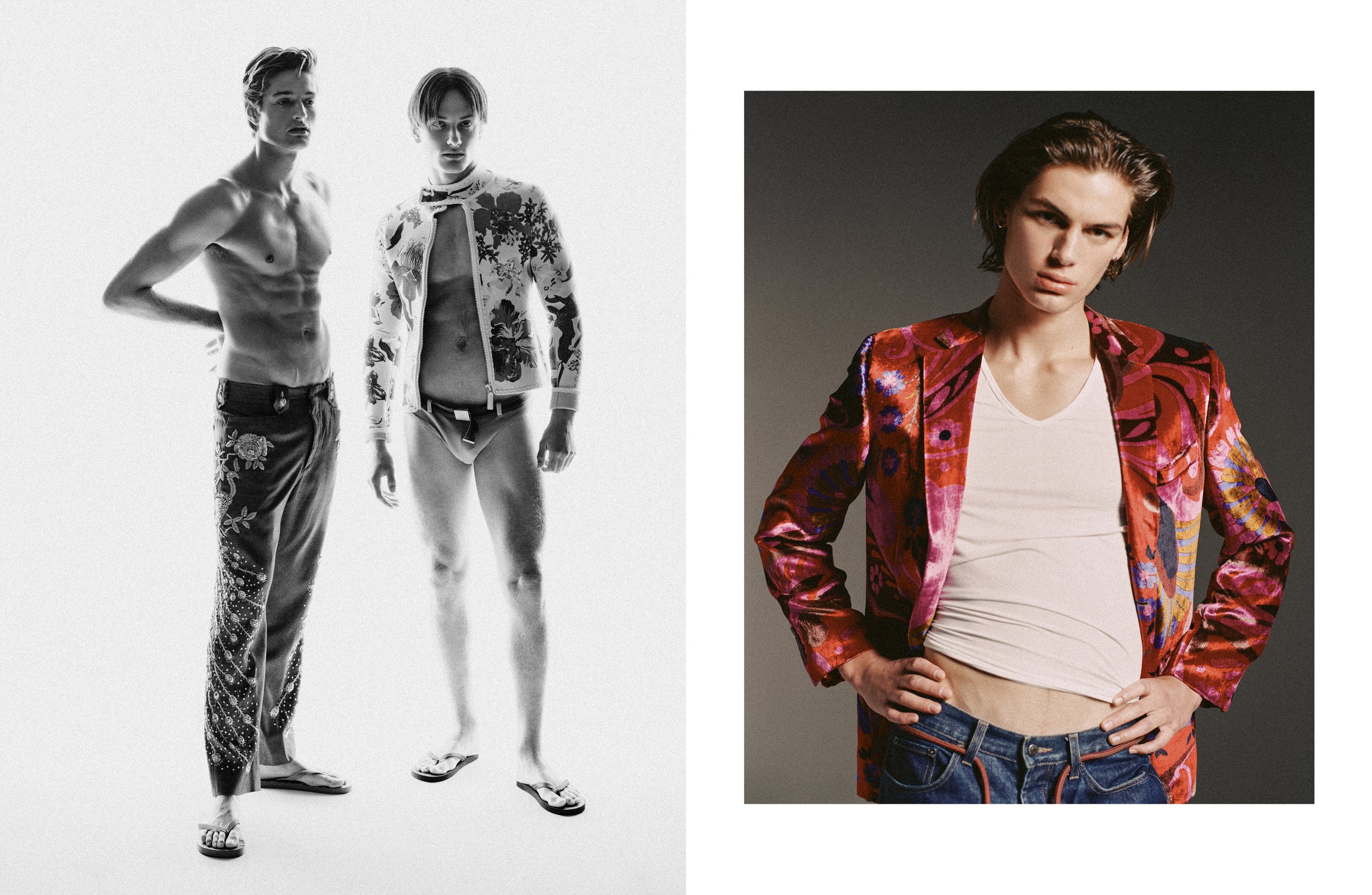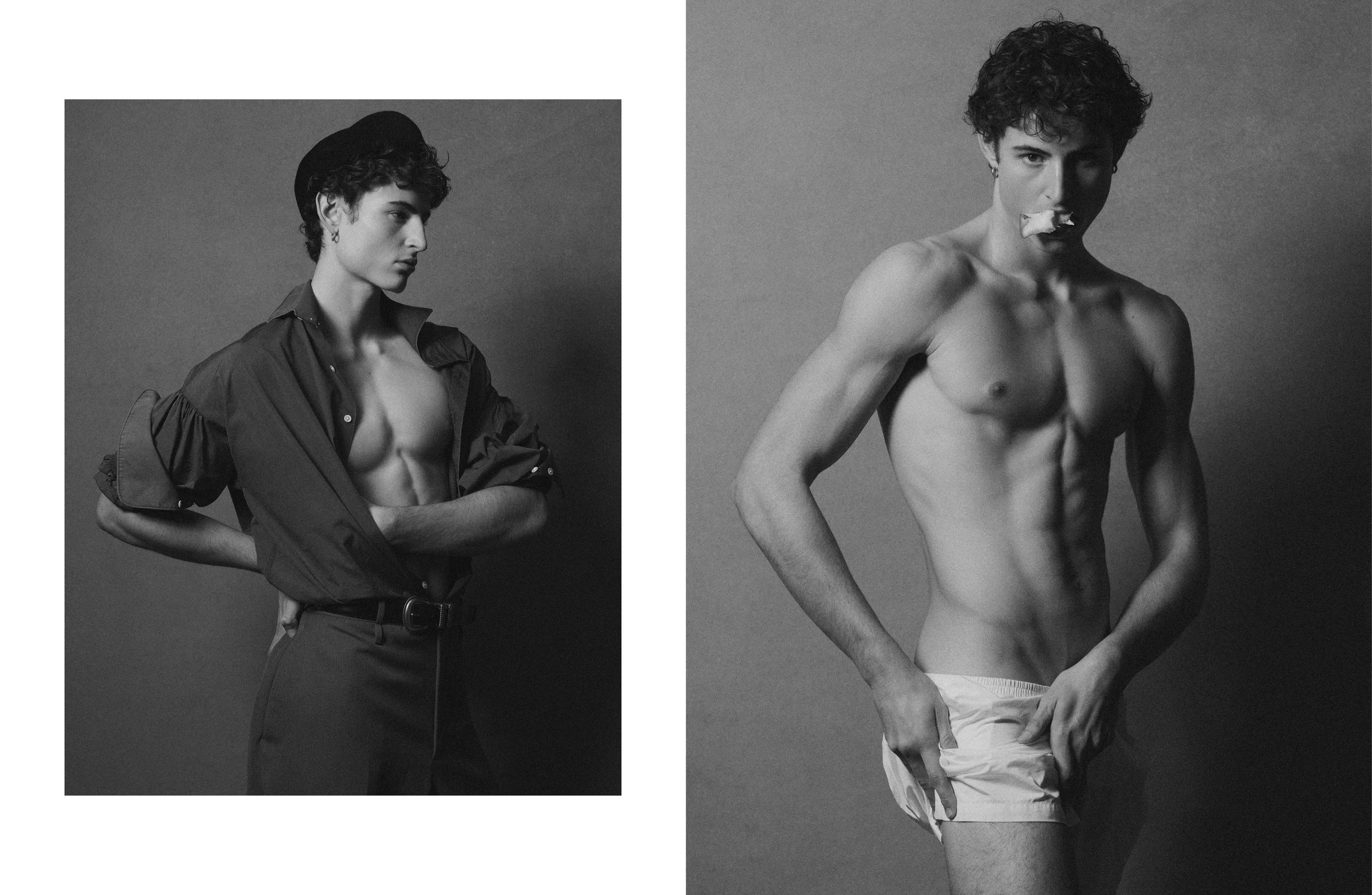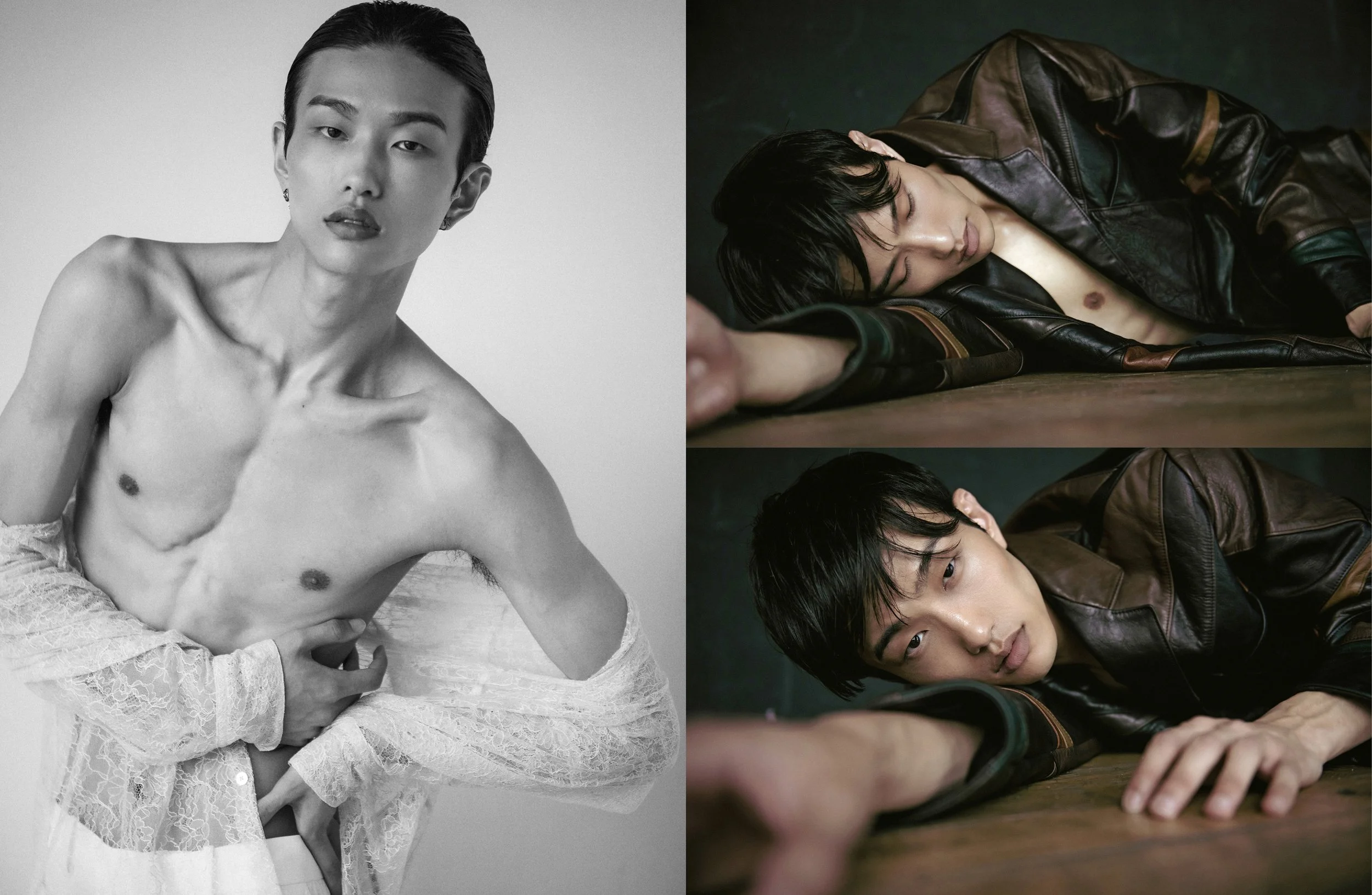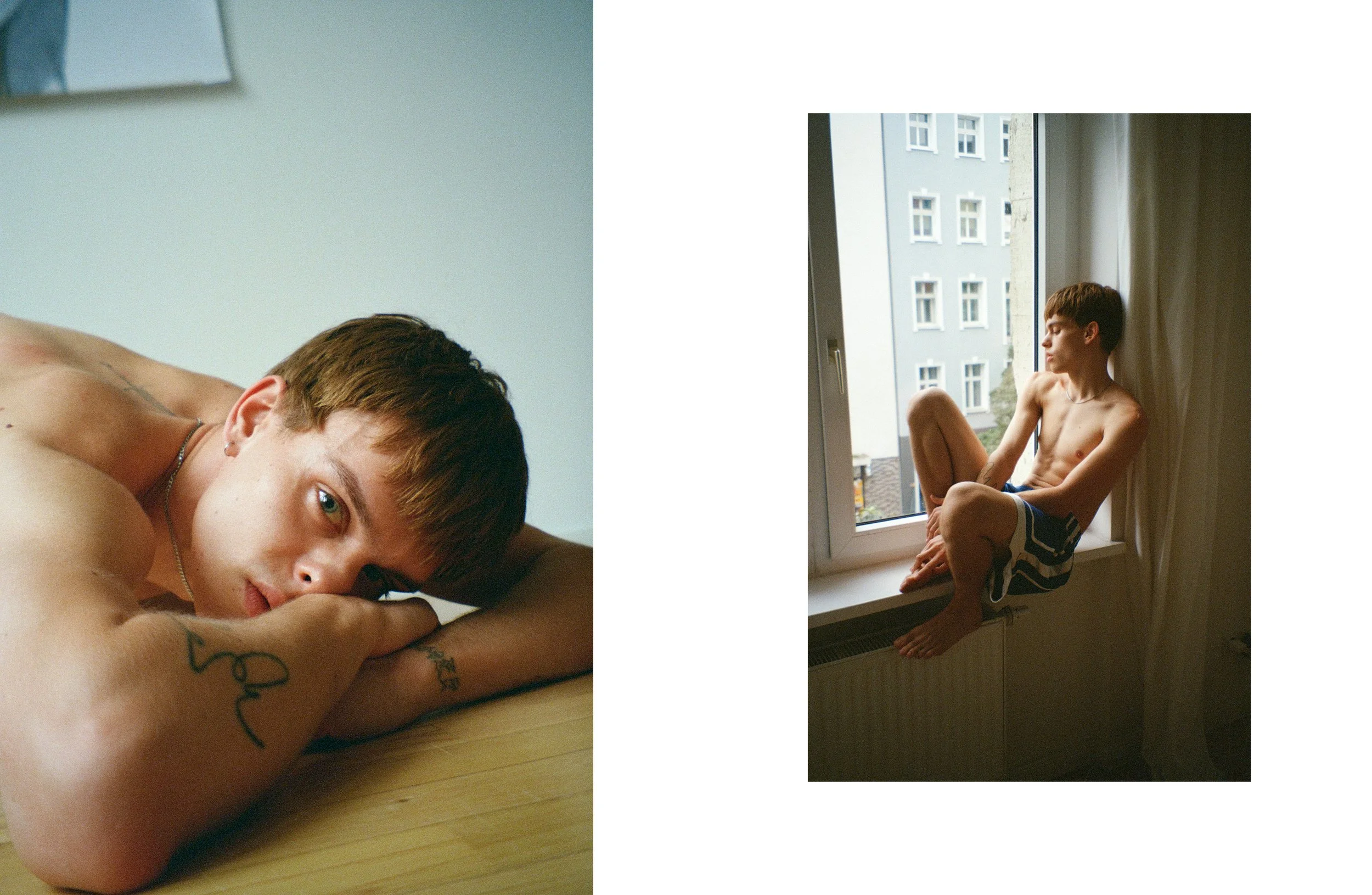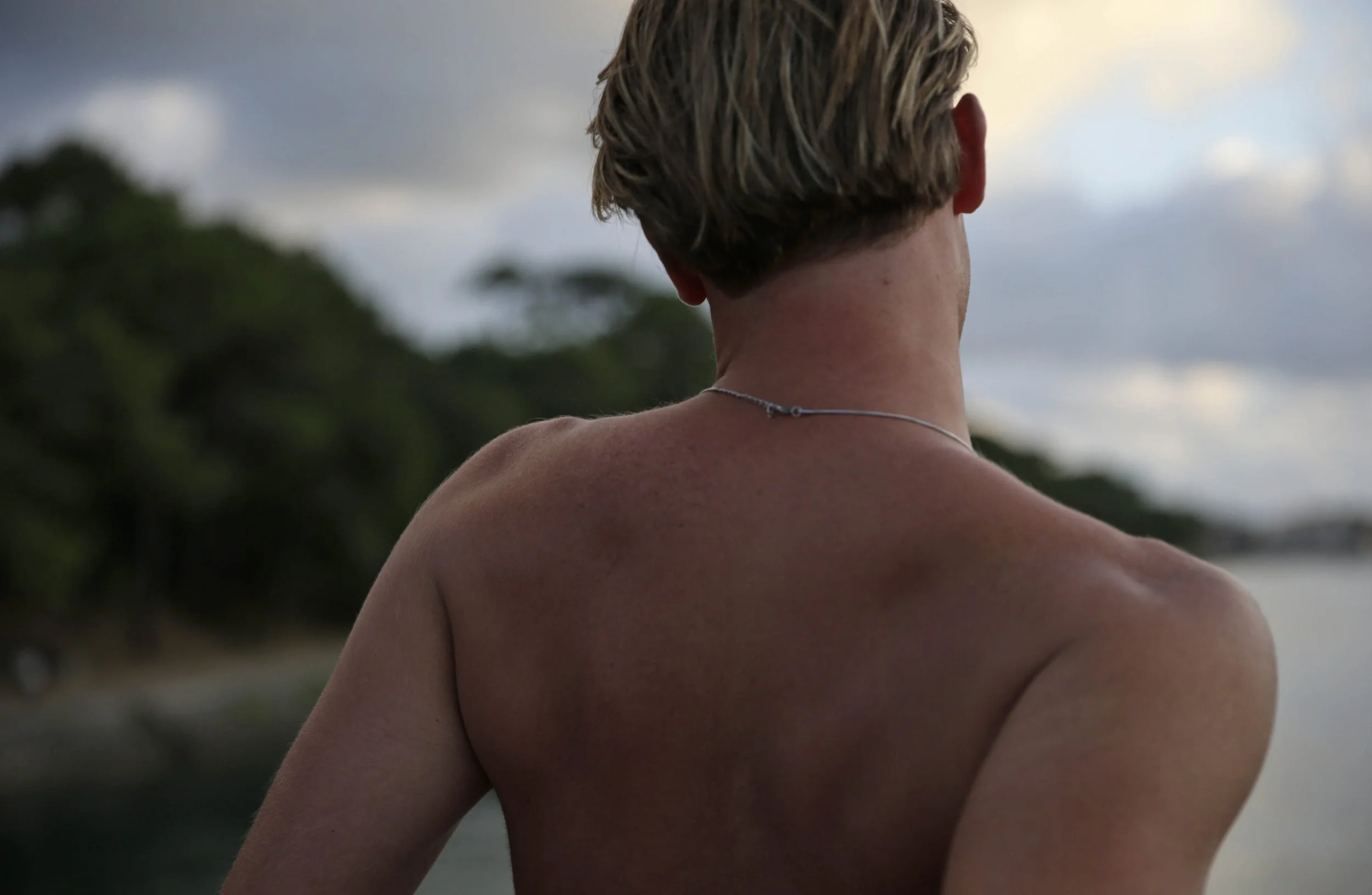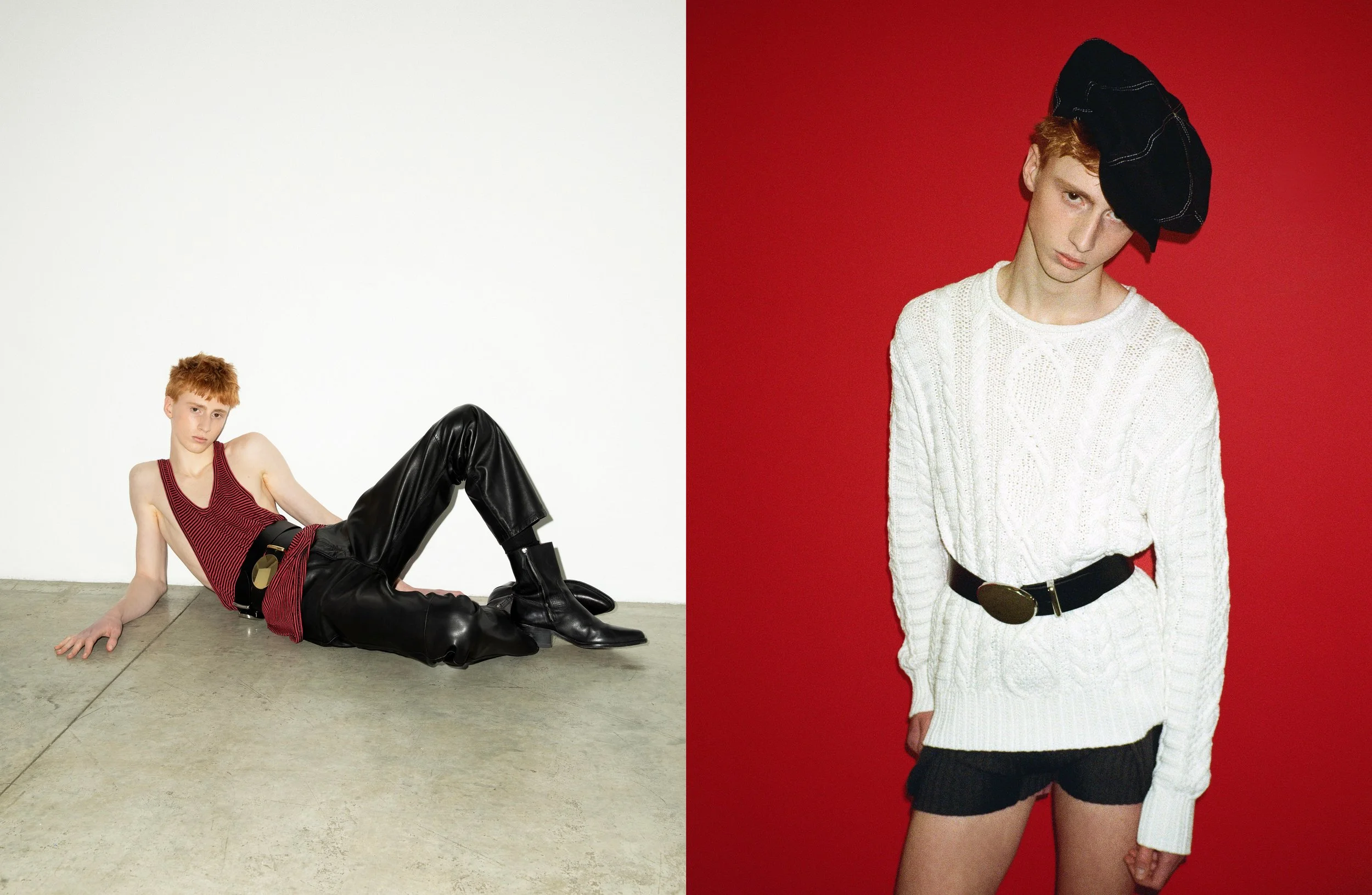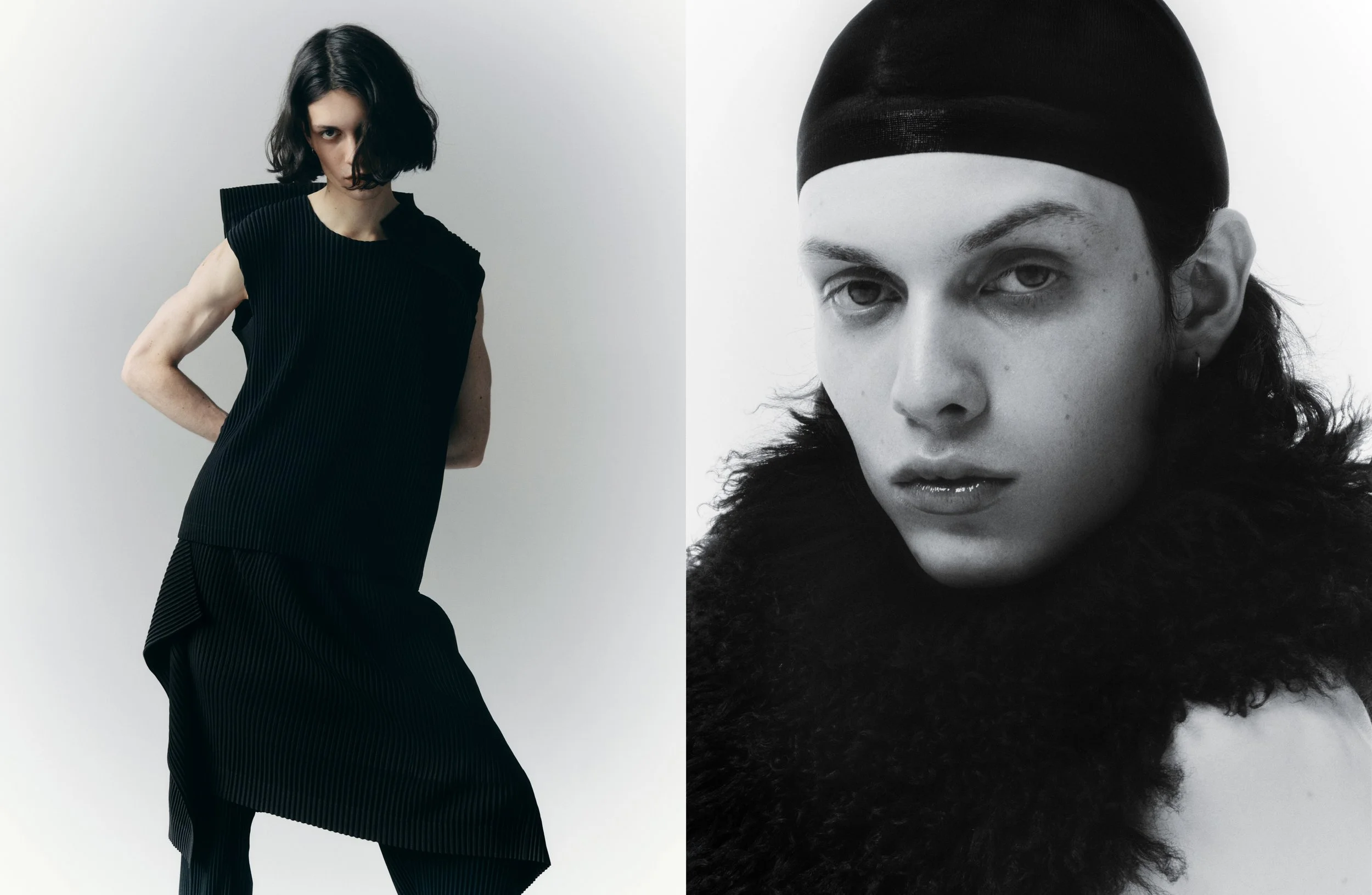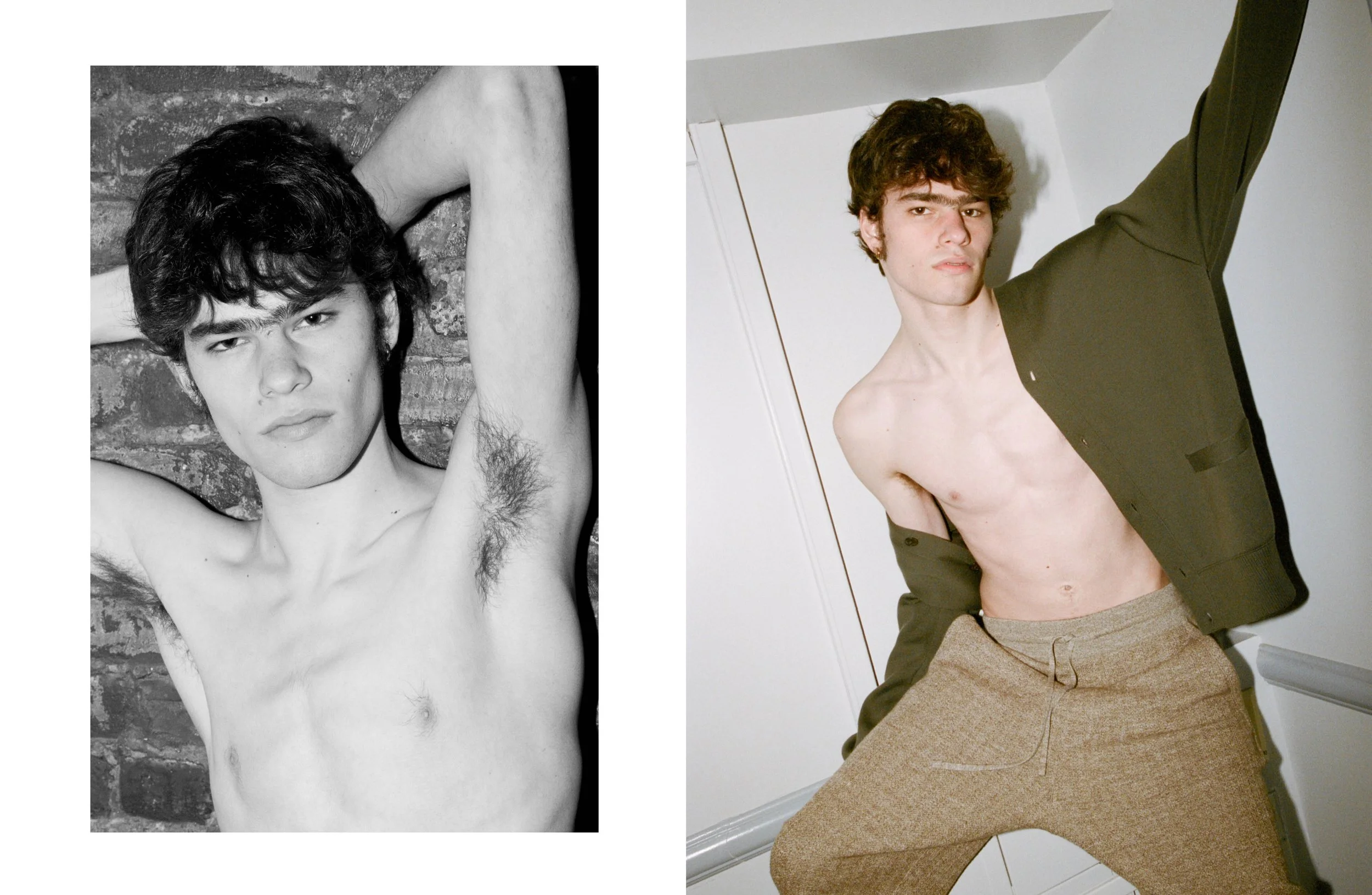SOME CONNECTIONS FEEL INEVITABLE. MALACHI KIRBY AND FRANCIS LOVEHALL’S FRIENDSHIP FEELS LIKE ONE THAT WAS MEANT TO BE. THE TWO ARE NOW AT THE HEART OF A THOUSAND BLOWS, A NEW SERIES FROM PEAKY BLINDERS CREATOR STEVEN KNIGHT, BRINGING TO LIFE A RARE AND LAYERED FRIENDSHIP SET AGAINST THE GRITTY WORLD OF VICTORIAN-ERA BOXING. MORE THAN A HISTORICAL DRAMA, THE SERIES IS A STORY OF RESILIENCE, AMBITION AND IDENTITY—SHINING A LIGHT ON THE UNTOLD LIVES OF BLACK MEN IN 19TH-CENTURY LONDON. AT ITS CORE, IT’S ABOUT TWO FRIENDS NAVIGATING AN UNFORGIVING WORLD WHILE HOLDING ONTO THEIR DREAMS. FOR MALACHI AND FRANCIS, THIS ISN’T JUST ANOTHER PERIOD PIECE; IT’S A RECLAMATION OF HISTORY, A CHANCE TO PORTRAY FULLY REALISED BLACK CHARACTERS OUTSIDE OF THE USUAL NARRATIVES OF STRUGGLE AND SERVITUDE. THE TWO ACTORS SAT DOWN WITH US TO DISCUSS THE SHOW, INCLUDING THEIR FIRST MEETING, THE UNEXPECTED PATHS THAT LED THEM TO ACTING, AND HOW A SPONTANEOUS TRIP TO JAMAICA HELPED SOLIDIFY THEIR BOND—ON AND OFF-SCREEN.
Both wearing full Prada
Pedro Vasconcelos: How did you two first meet?
Malachi Kirby: If I remember correctly, I first met Francis at the Bush Theatre. He was doing a performance of Red Pitch, which was incredible. I felt like I needed to go and speak to him afterwards and just let him know how well he did. I didn't know about him before, and this would have been maybe a year before A Thousand Blows. My first impression was that, although I didn’t know you personally, I could see you as an artist—and a great one, an exciting one. And when we first spoke, you seemed like a pretty solid guy.
Francis Lovehall: I can’t lie, I was a huge fan and felt like I had met you long before that. Before I even started acting, I was watching you on screen, in awe of what you were doing, and I felt so represented at the time that I actually thought I had already met you before I met you. So, when you came up to me after Red Pitch, I was literally fanboying. You carry yourself with such integrity and truth that it wasn’t far from what I imagined you to be. Your presence is a blessing in my life now, and from the moment I first met you, your kind words were so encouraging. It really made me feel like I could follow in your footsteps and have an amazing career like you. I really do look up to you—not just as an artist, but as a person.
Full looks Prada
PV: What inspired you to pursue acting?
FL: At first, I was playing football—that was what I wanted to do for most of my life. When I came here from Jamaica at 13, I was inspired by footballers. I wanted to be on the pitch. And I think there’s a fear around changing your dreams, you know? You’ve told so many people [about it] that you feel like you’re actually disappointing them when your feelings change. I got my professional contract with Brentford, a two-year contract, and about two months in, I realized I didn’t want to do this for the rest of my life.
I went back to school, saw my mentor, and they reminded me that I had done GCSE Drama. I was really expressive and good at it, but I wasn’t sure if acting was for me. She told me acting is more about empathy—it’s about telling stories, giving truth and light to people who don’t have voices. That’s what really got me into it. After that, I did a BTEC in acting, and from there, I’ve just been working. I never thought about acting as an industry—I saw it as a means of telling the truth, and that’s what I still consider it to be.
MK: It’s weird listening to you speak just now because hearing it makes it clear how similar our journeys were. For me, I was doing athletics. My goal was the 2012 Olympics. I had a great coach, and I was training full-time. Then acting came along, and for me, it was terrifying. The environment I grew up, having a spotlight on you was a negative. The idea of having that kind of exposure was mad to me. Acting wasn’t even a consideration, but my Mum introduced me to a course at the Battersea Arts Centre. At first, I didn’t go, but eventually, I did a term there. What was strange was that this space that terrified me became the safest space I had ever encountered. Acting wasn’t about performing—it was about discovering truth within myself and others. When I lied, they said stop. They taught me that pretending wasn’t acting—it was about being honest. That demand for honesty was something I had never encountered before, and I loved it.
FL: Drama at school gave me the language to play and be free while also taking it seriously. At that age, you’re constantly being told to grow up. “Sit still, stop doing that.” And at the time, when I chose drama for GCSE, I thought, “Yeah, this will be an easy class where I can just mess about.” But when I got there, I realised quickly, ”No, this isn’t just messing about.” When you’re pretending, when you’re not being honest, it’s obvious. And kids are the most honest critics—they’ll call you out on it. That was my first real lesson in truth-telling, and it stuck with me. That’s why, even now on set, I can’t lie. As actors, we have a duty to ensure that the stories we tell—whether historical or imagined—are told honestly.
PV: How do you think establishing those similarities helped your chemistry for the show?
FL: For me, when I read the script, I realised how much this story was inhabited by real relationships. I remember thinking, "This friendship is so important." It’s such a beautiful, rare friendship to see in a script.
MK: We were both saying that this was a shared experience, a pursuit of truth. So, it wasn’t going to be something where I said, "Okay, let’s manufacture us being best friends." If we were pretending, everyone else would see it. I instinctively felt that Francis and I would just grow closer naturally, outside of work. It felt important to spend that time together.
Full looks Prada
PV: What initially drew you to the project?
FL: I get many scripts, and they often follow the same narrative. But I hadn’t seen a story about two Black men who were alive, who were real people, and their experiences in Victorian London. We learn about Victorian London, but in school, I was never taught about Black men in that era. There was a gap in my knowledge. This project allowed me to research and see history from a different perspective. That’s what I love about acting—it feeds curiosity. When you’re curious, it’s hard to feel ungrateful. You stop blaming external things and start looking inward. This project made me curious about a period I’d never seen myself in before.
MK: For me, it was a unique experience. I auditioned in the summer of 2022, but at the start of that year, I sent a message to my agents with a clarity I’d never had before. I told them I wanted to play a boxer, portray a real person, do a period piece, and work in London. By mid-year, my team said, "We think we found what you're looking for." I never expected to find all four in one project. Representation was a big thing, too. I had never had the opportunity to play someone from Jamaica like me. When Jamaicans are depicted on screen, it’s often a narrow stereotype. But Hezekiah was intelligent, charming, humble, strong - not a boxer, but a fighter and bold. And then there’s the friendship. Two Black men not in competition, but existing in each other’s space. There’s tension, but love always supersedes it. On top of that, these were real people. And they had autonomy. They weren’t enslaved, they weren’t in servitude. They were dreaming, doing what they wanted.
Full looks Prada
…
A THOUSAND BLOWS IS STREAMING ON DISNEY+ NOW
…
Discover the full story in our upcoming SS25 Issue - release end March 25.
Photography by Jason Hetherington
Fashion by Steven Huang
Full clothes & accessories Prada
Casting by Imagemachine cs
Grooming by Venner James at A-Frame Agency
Set Design by Leila Nina Mistretta
Stylist’s assistant Dominik Radomski


